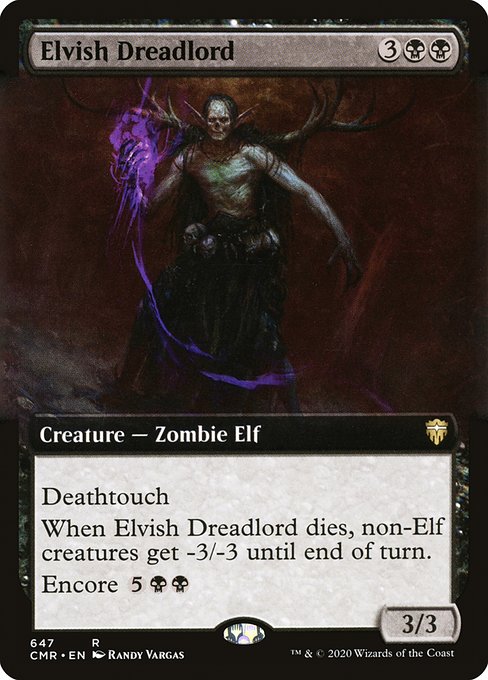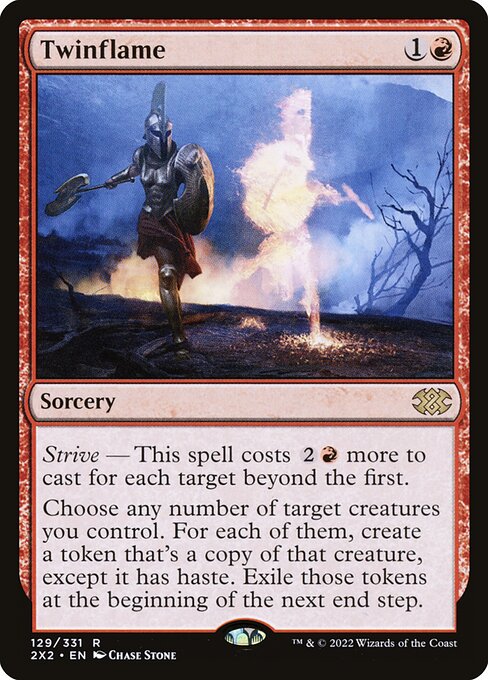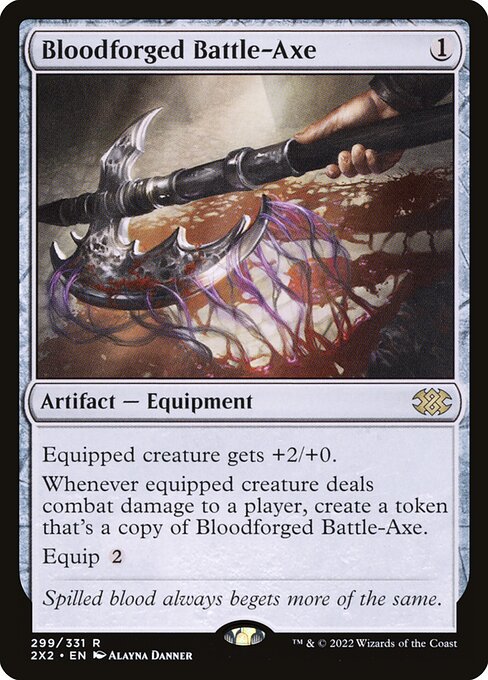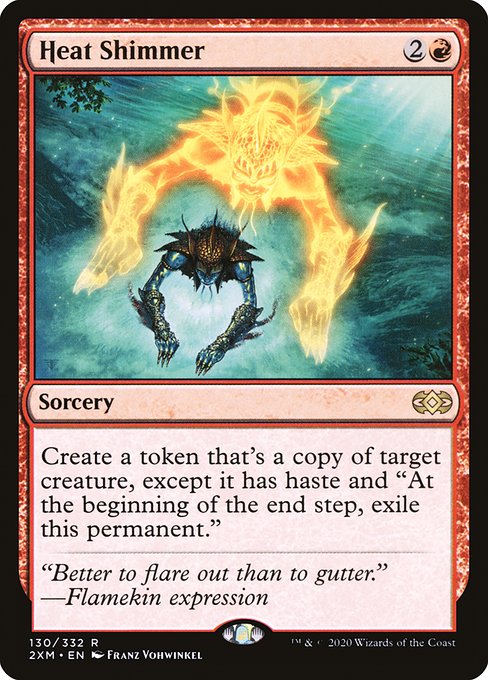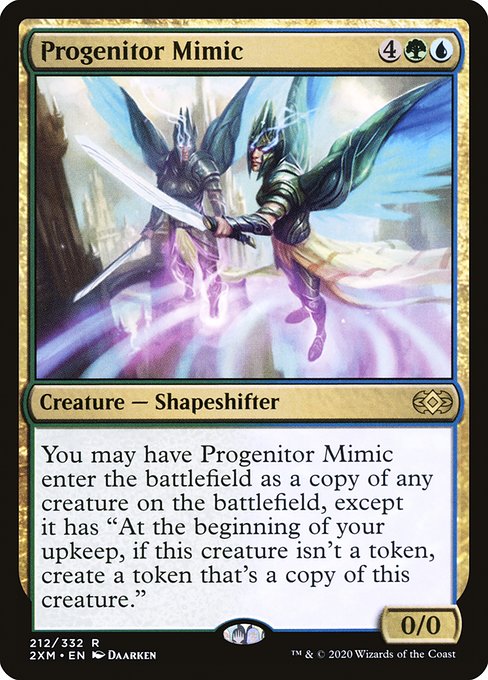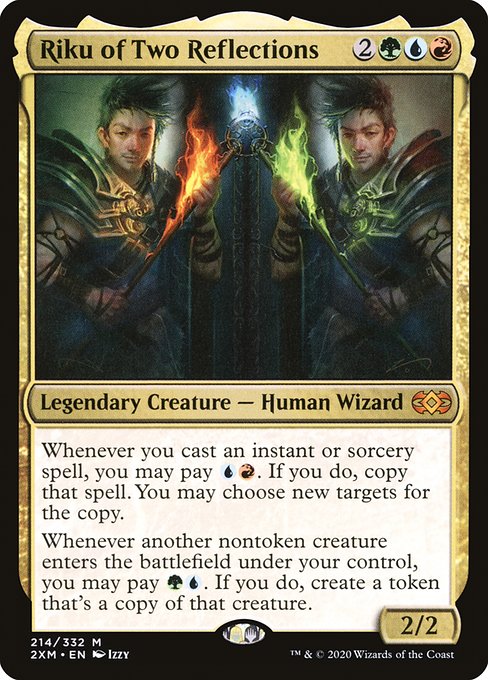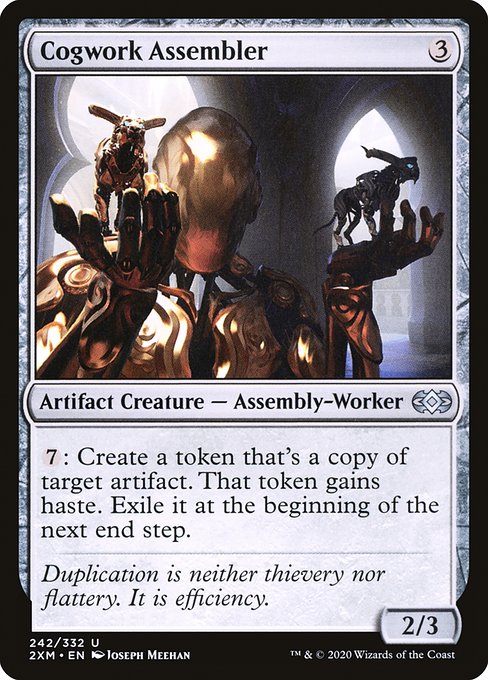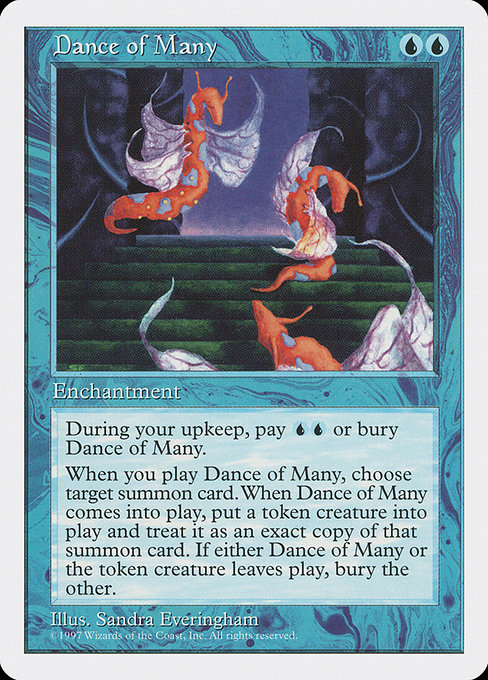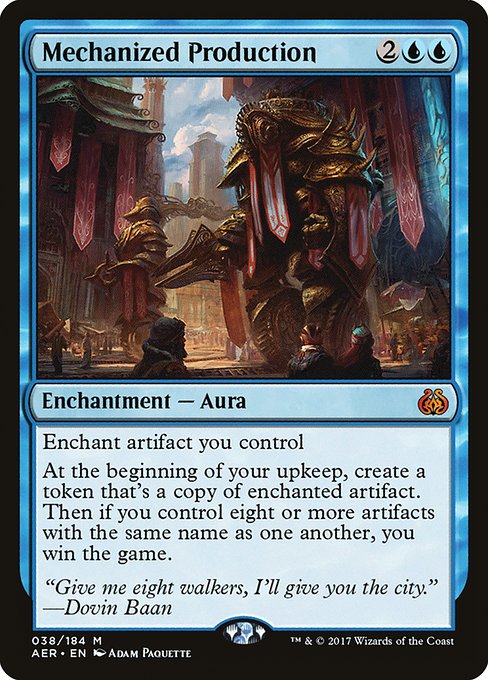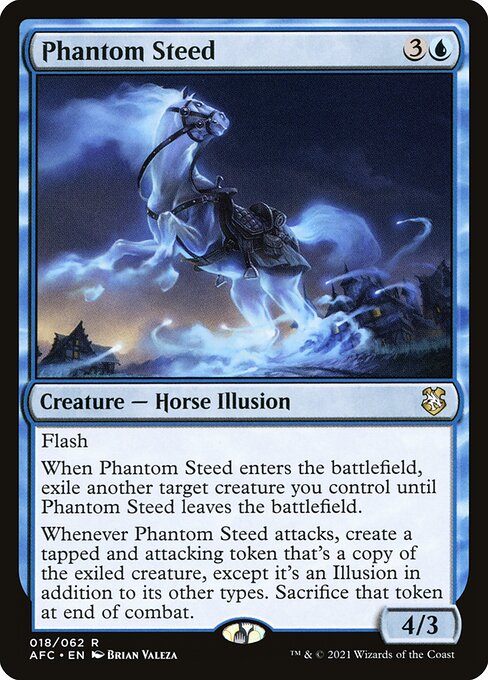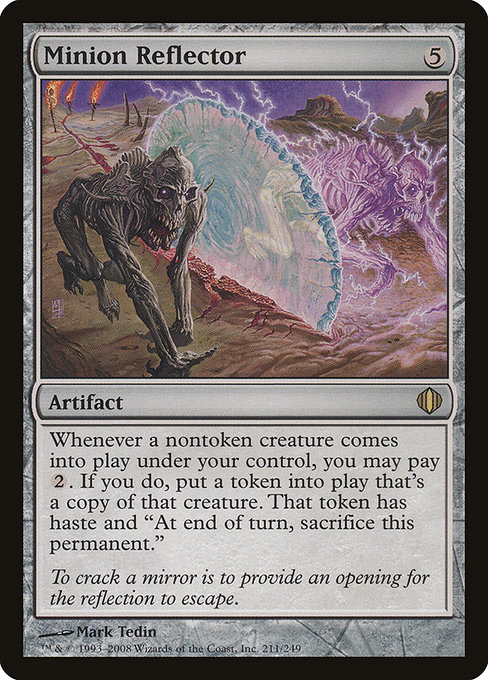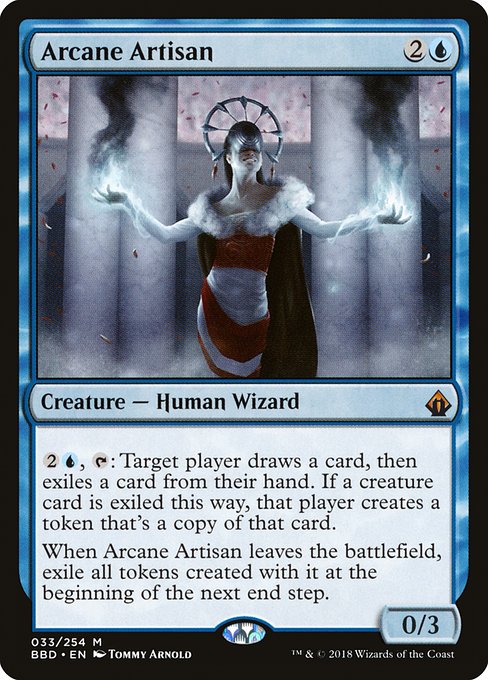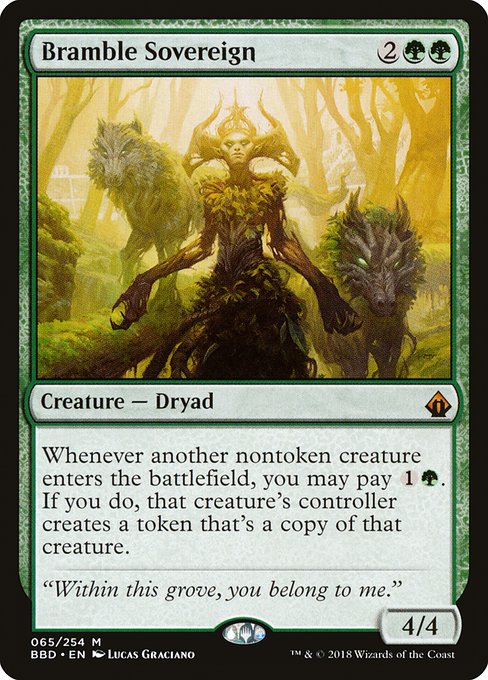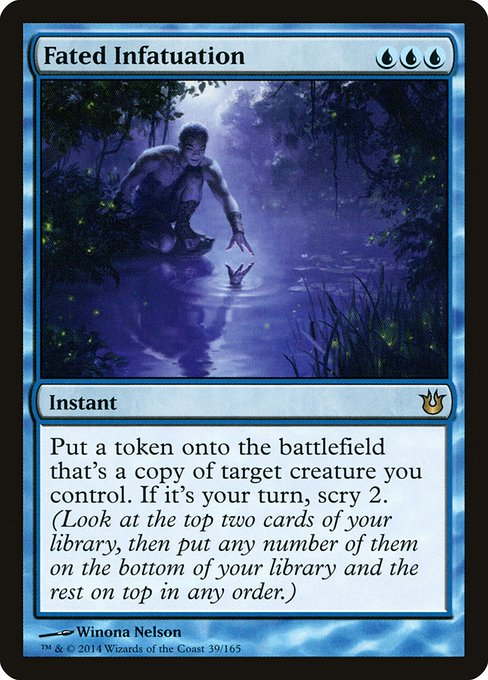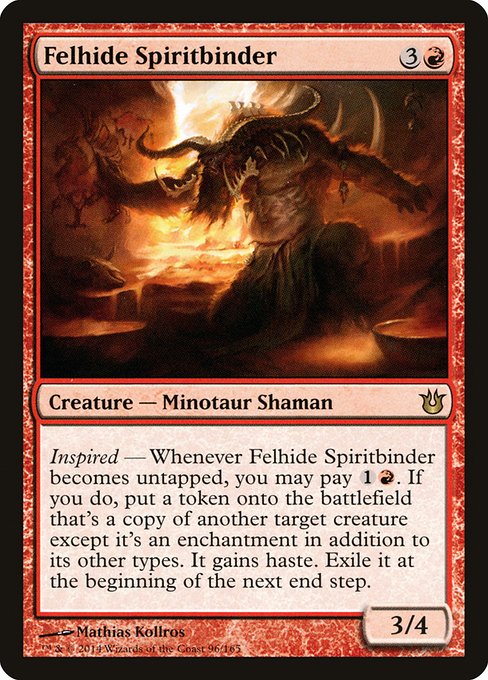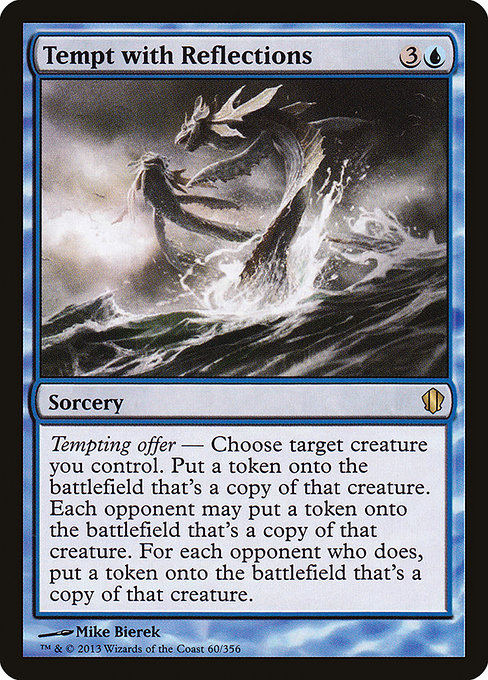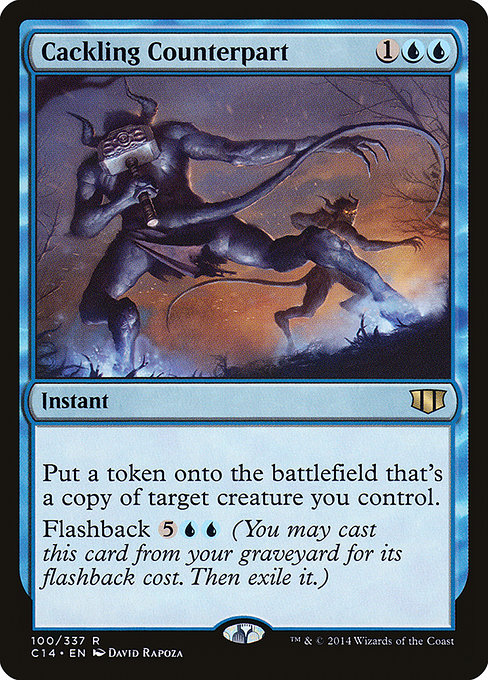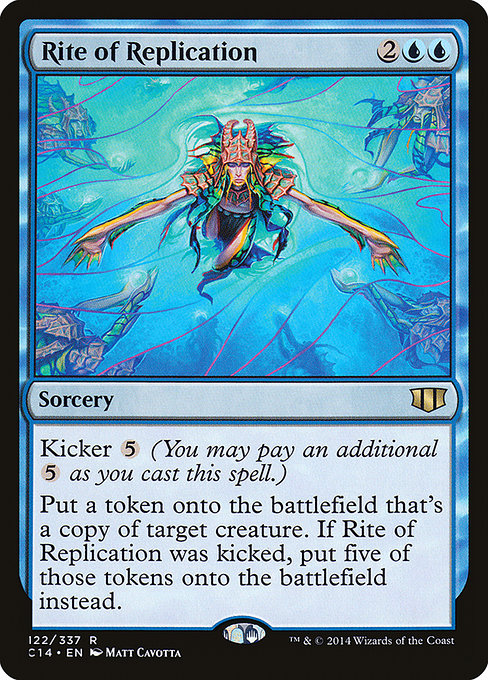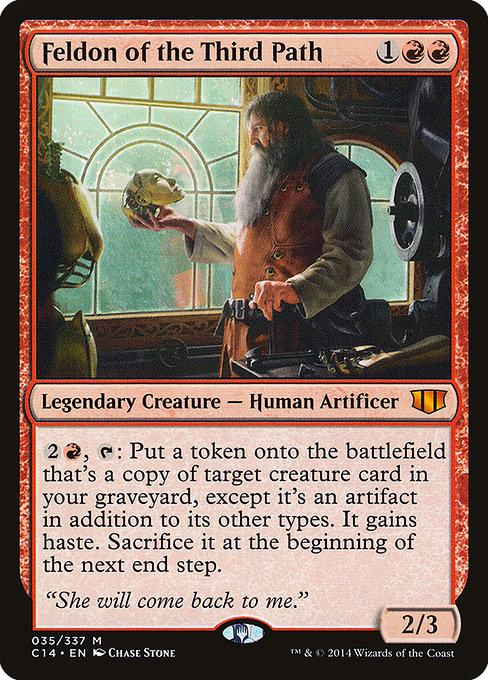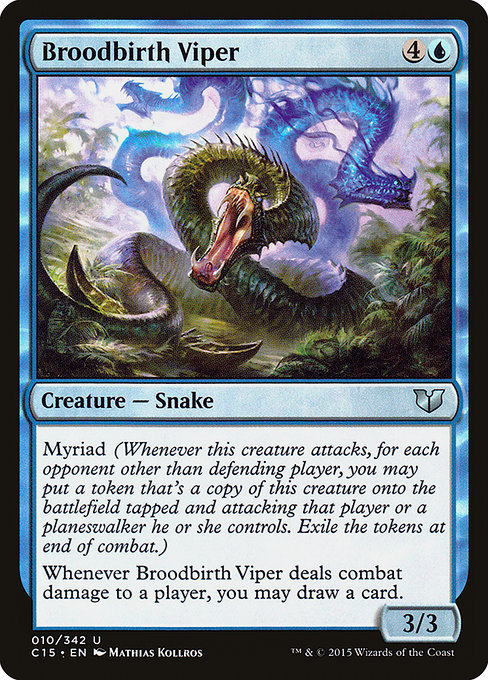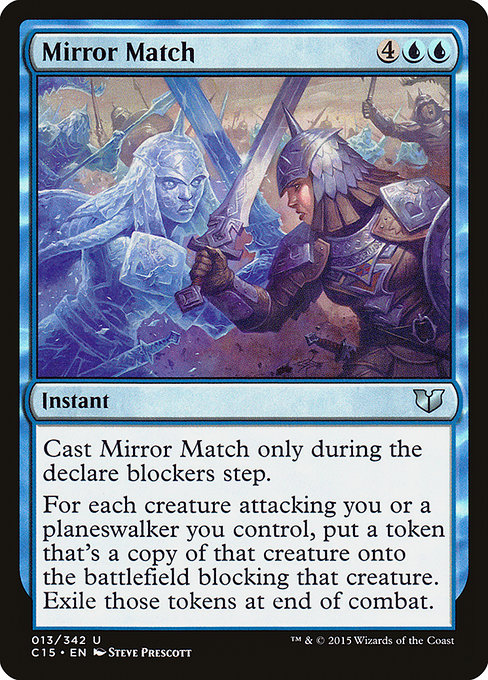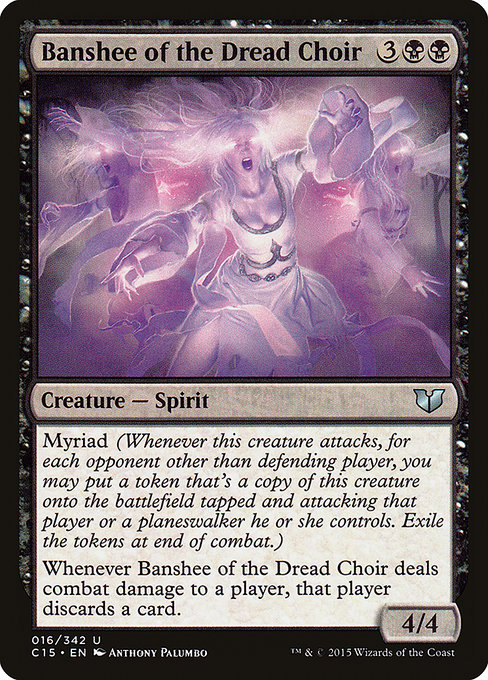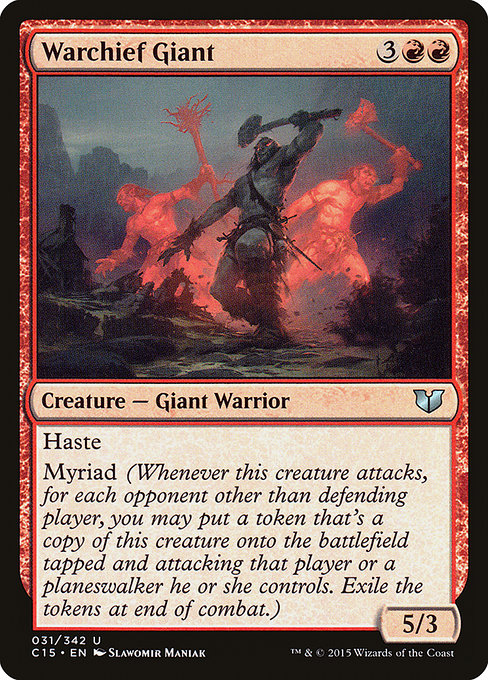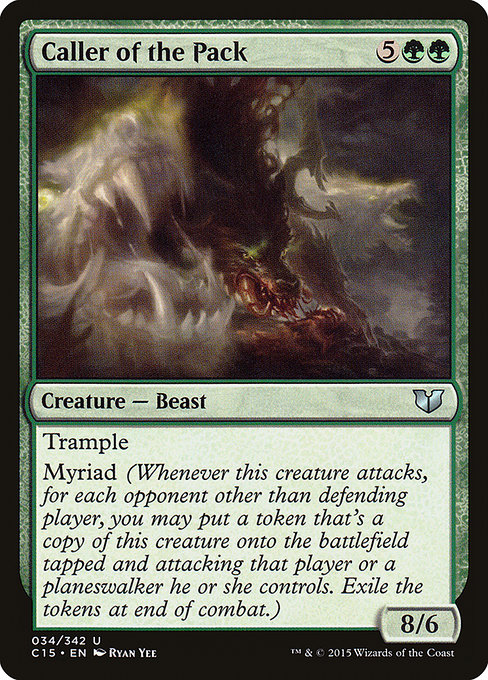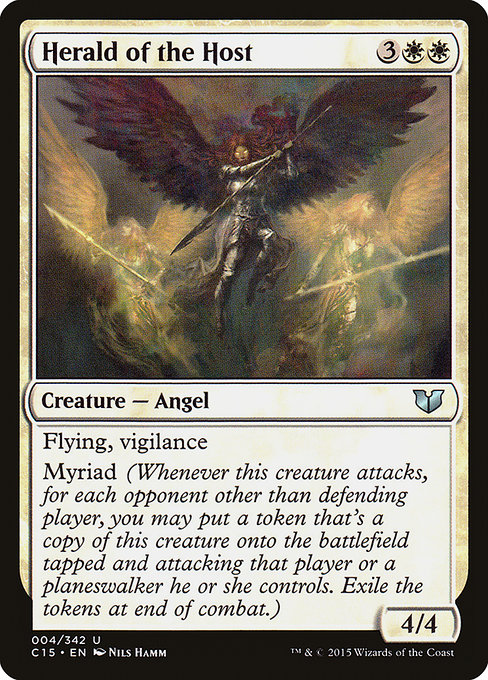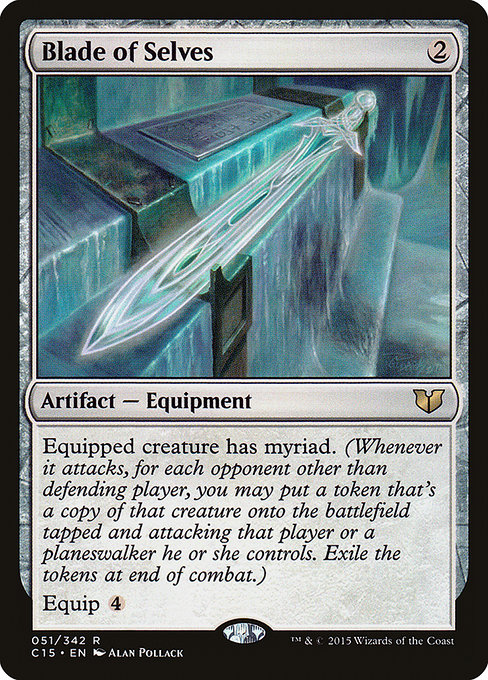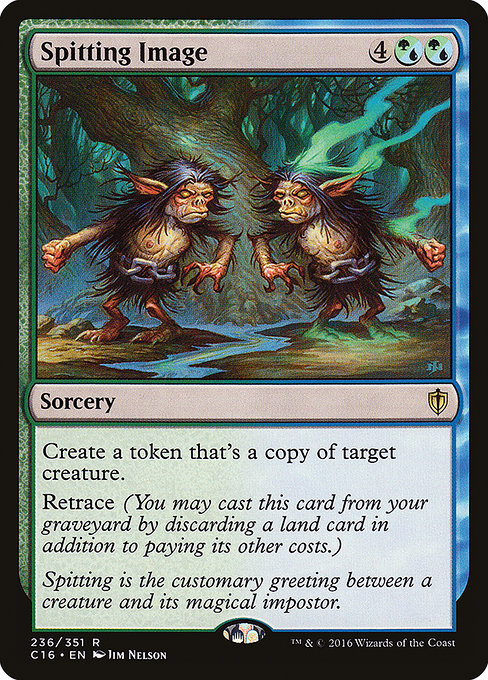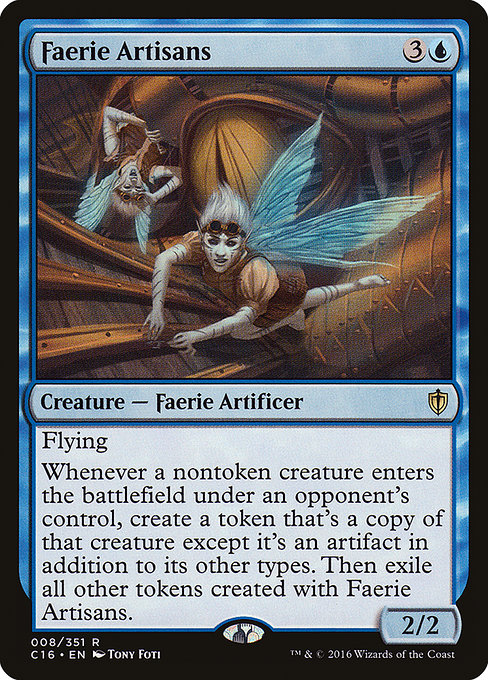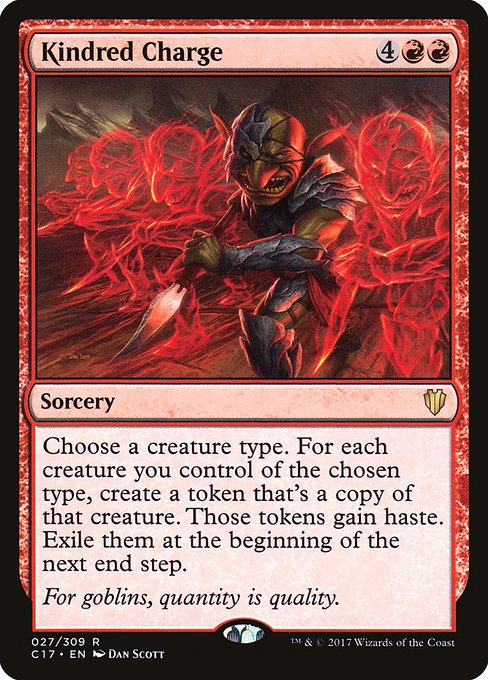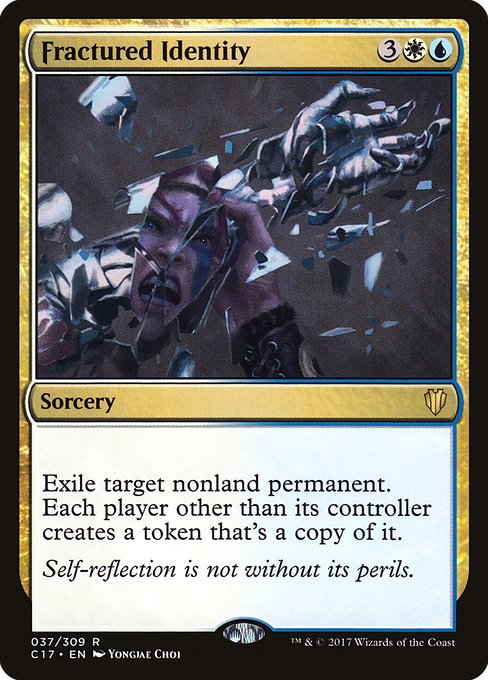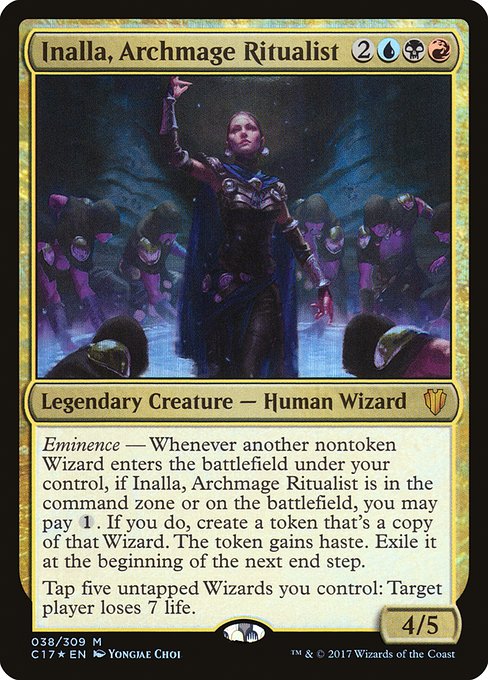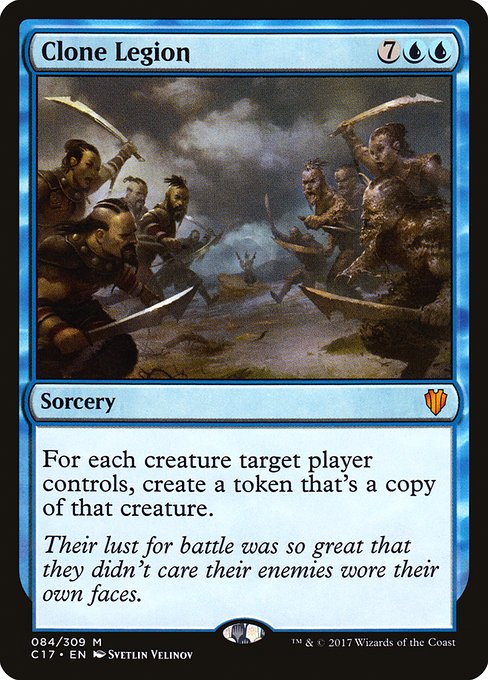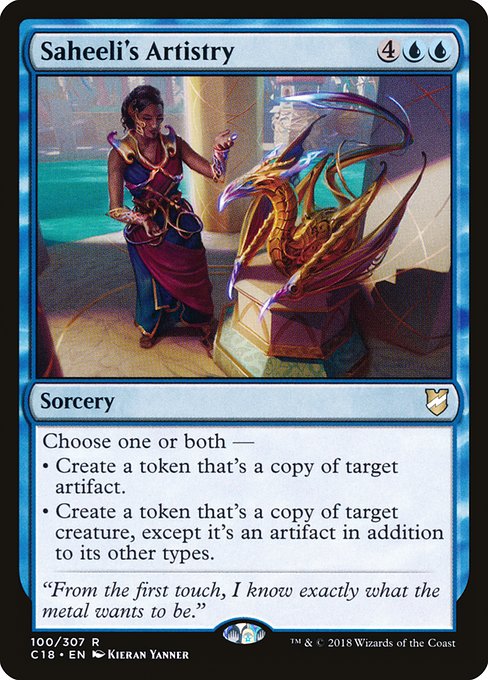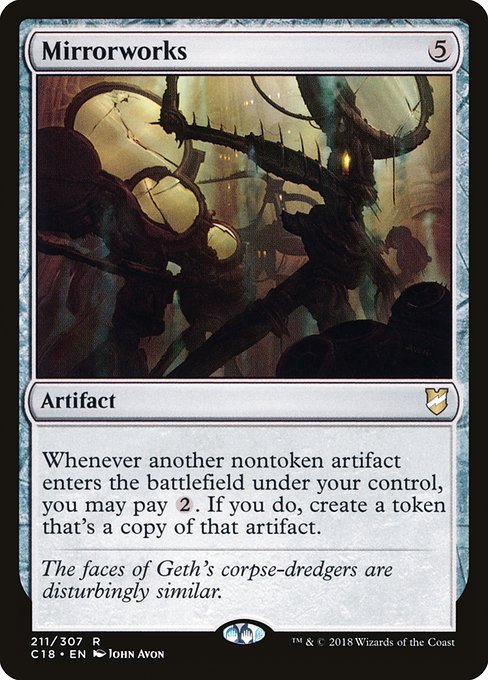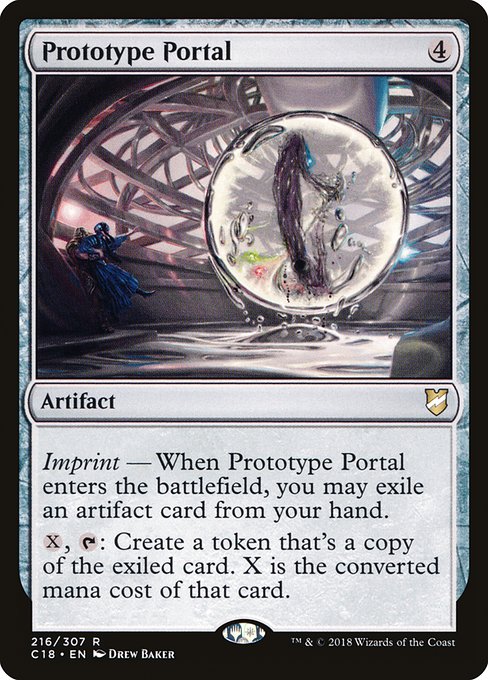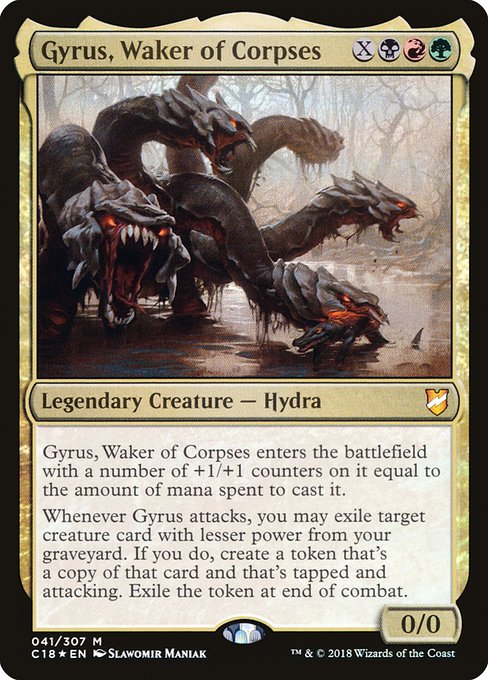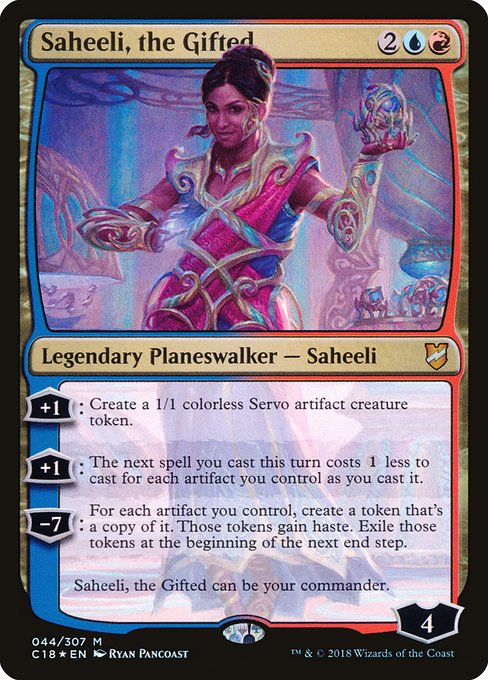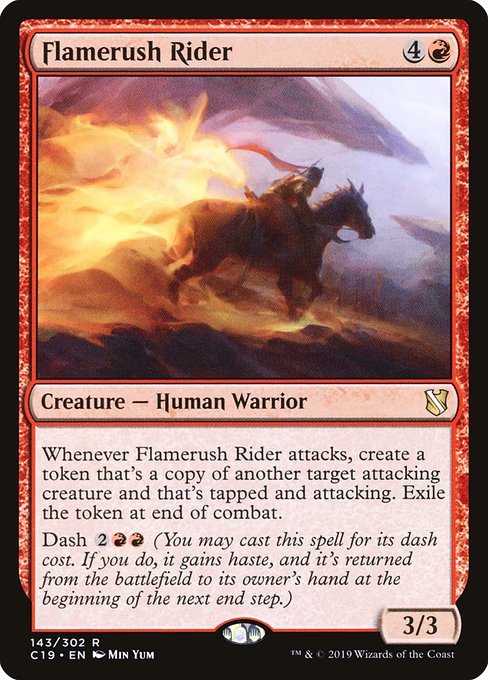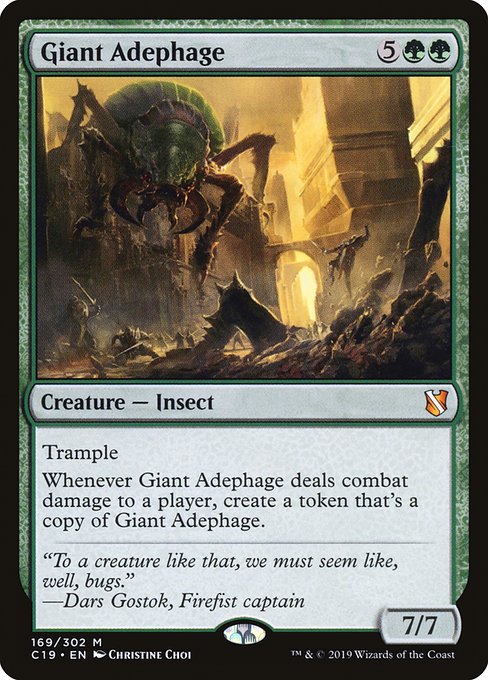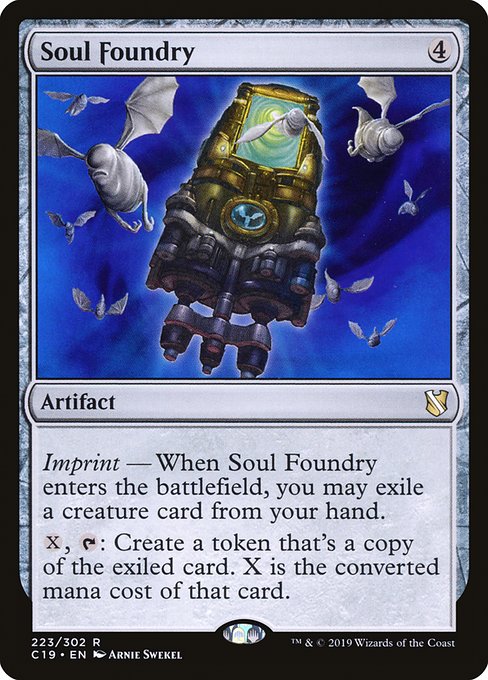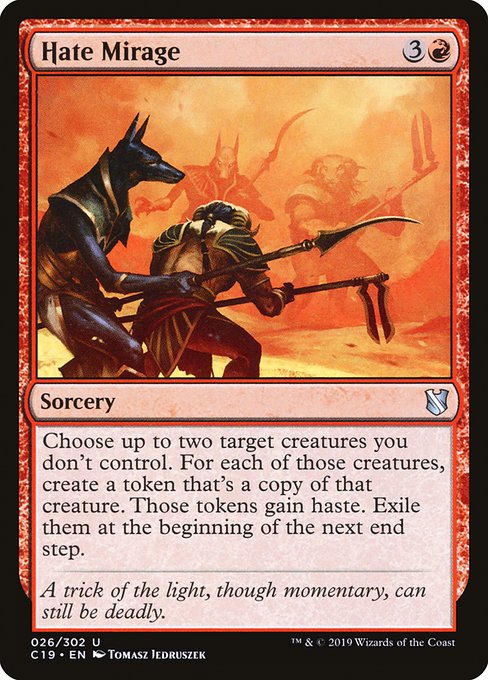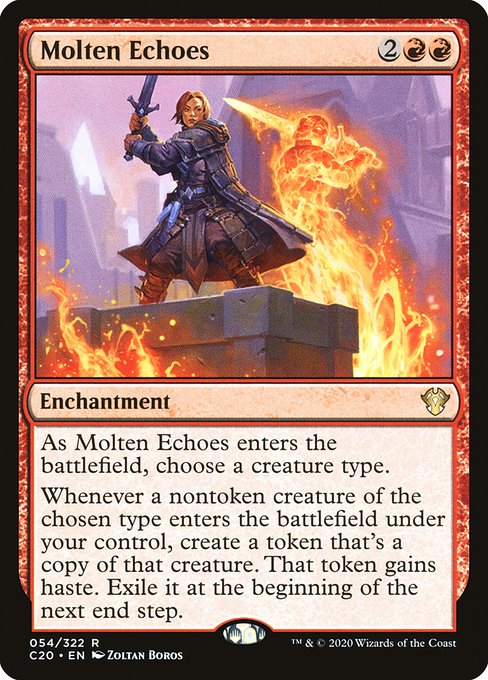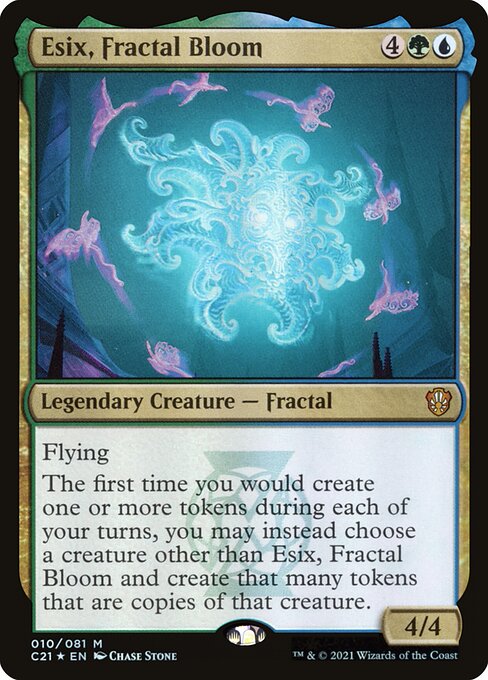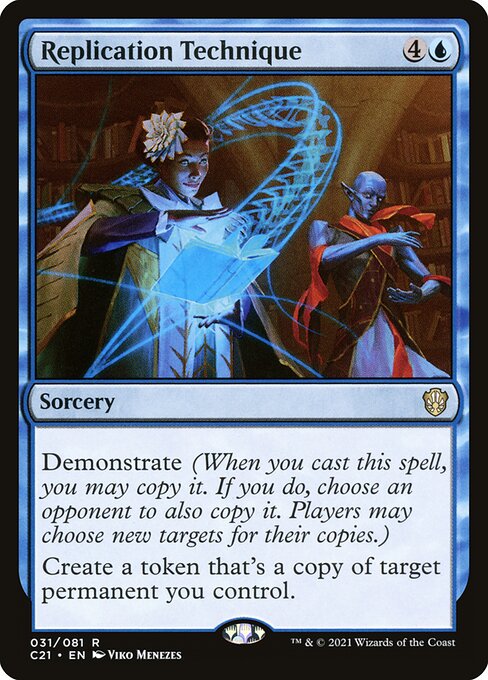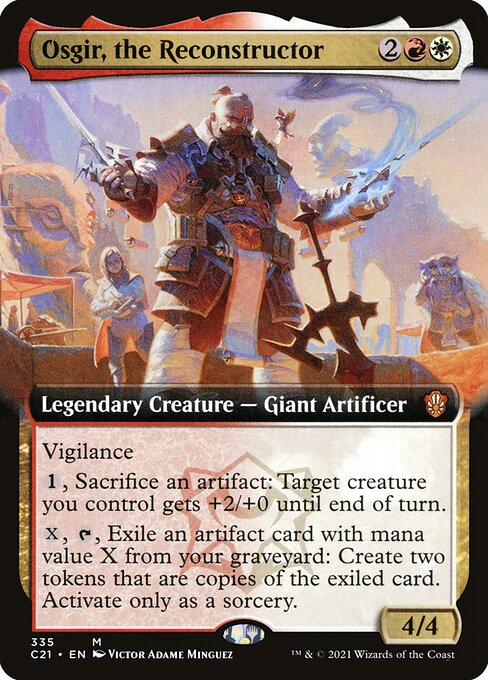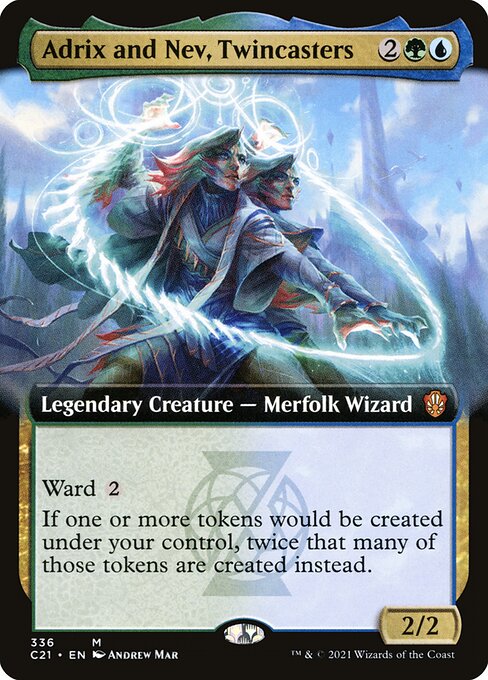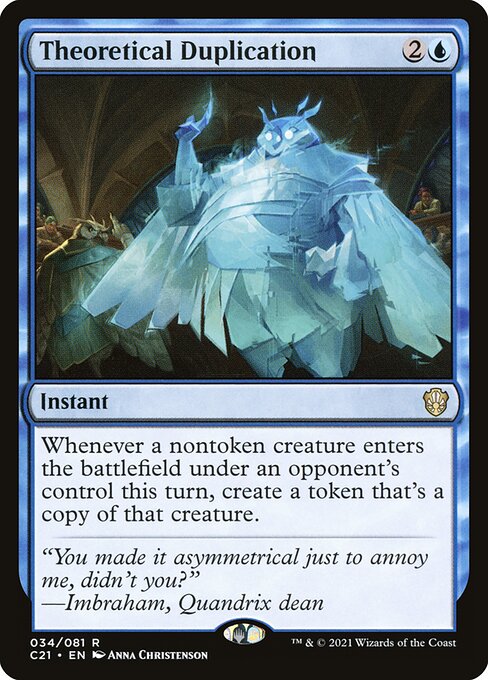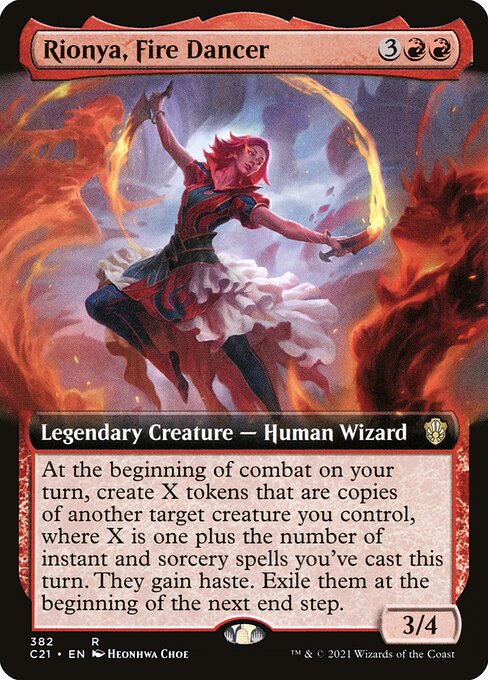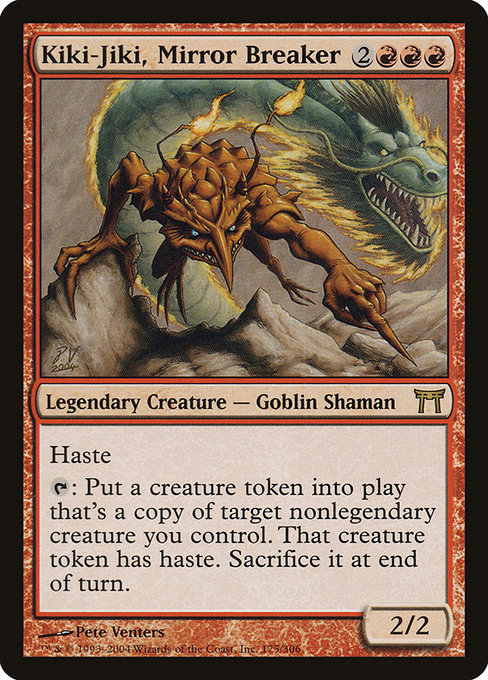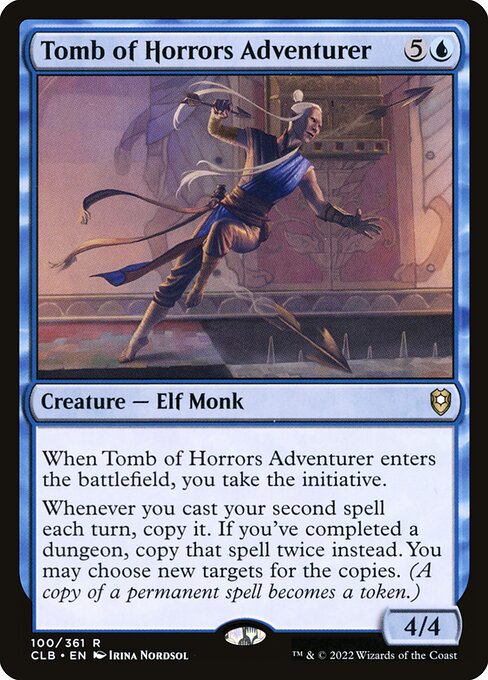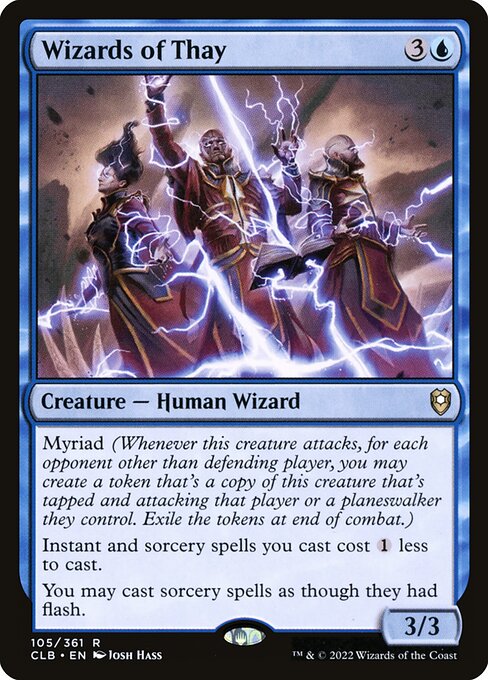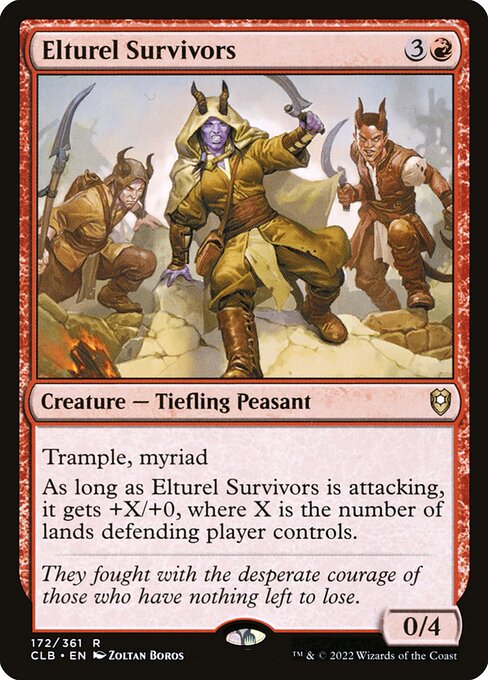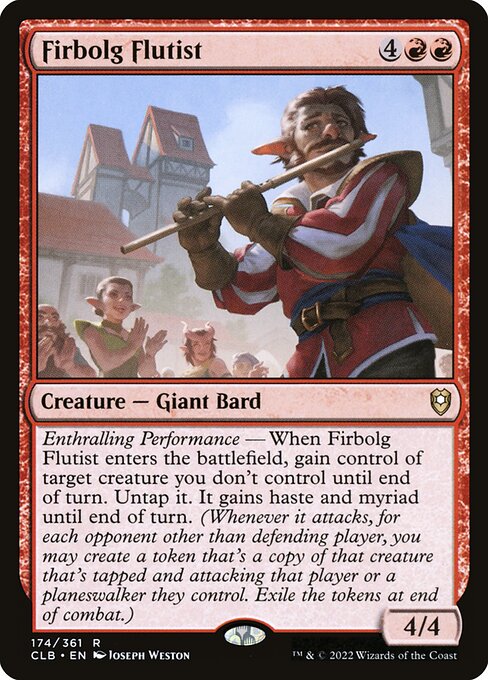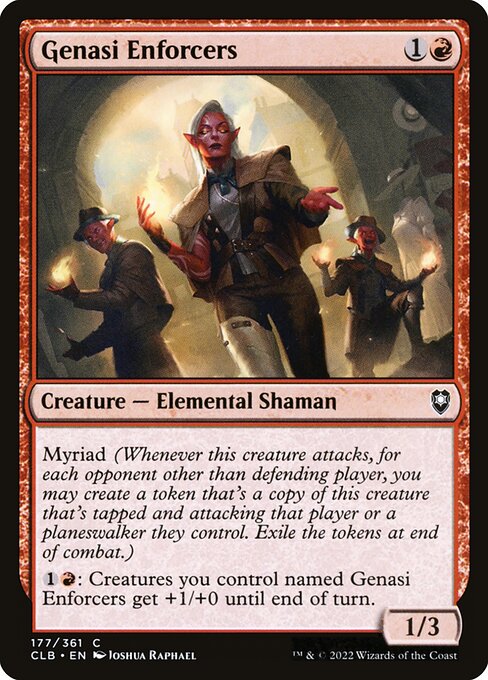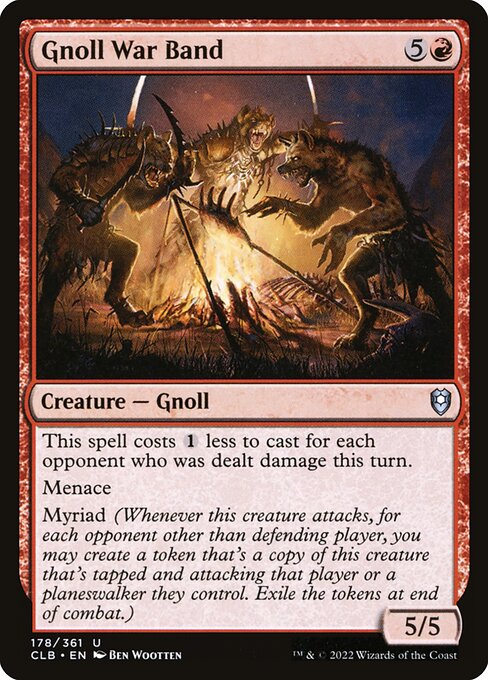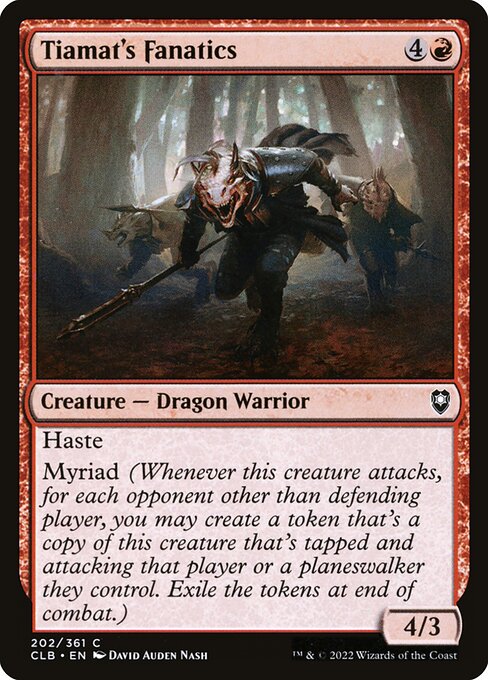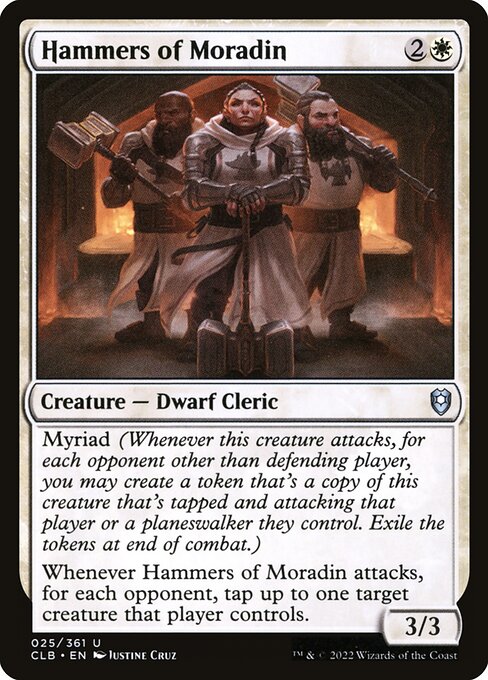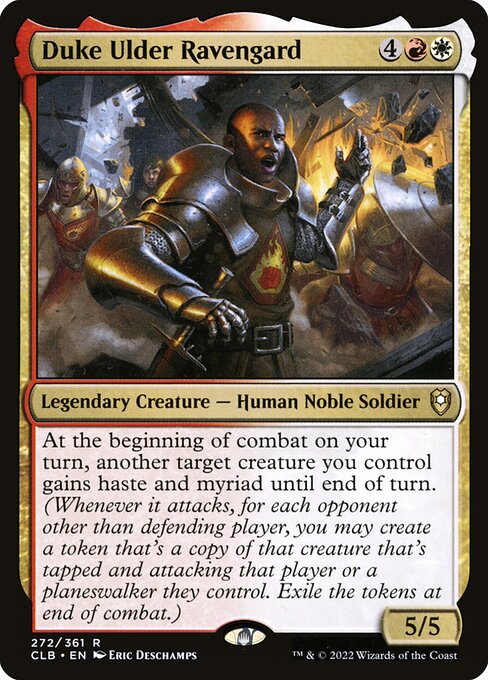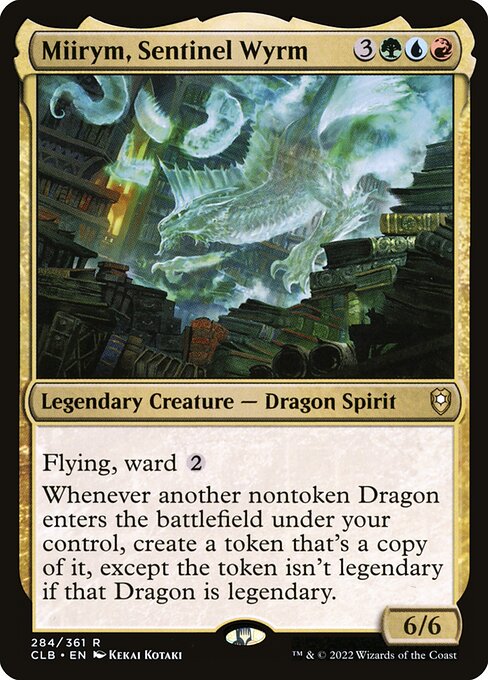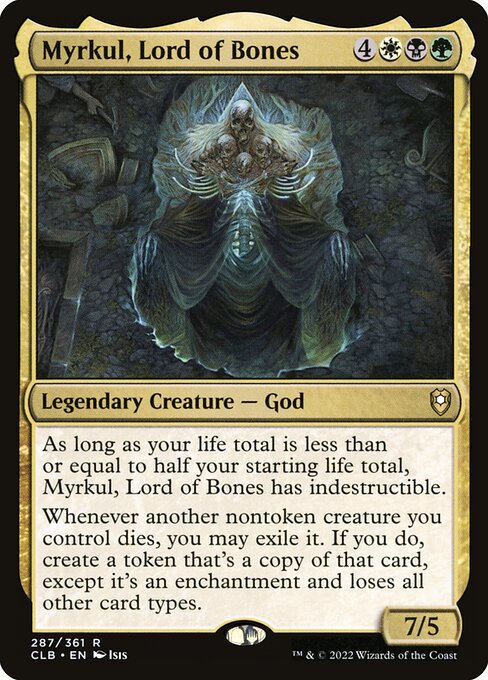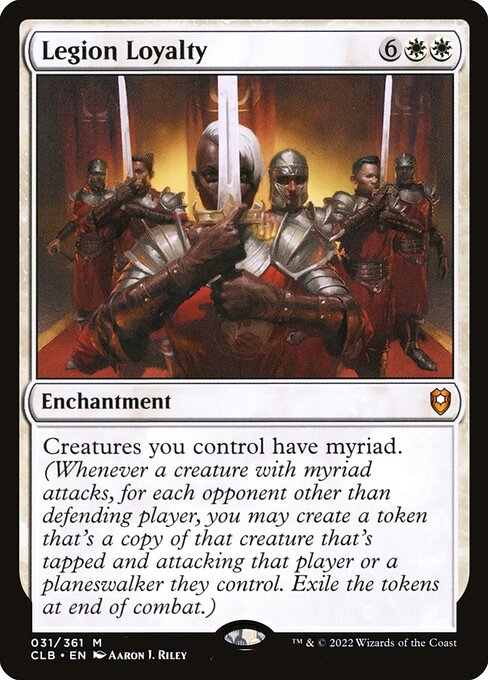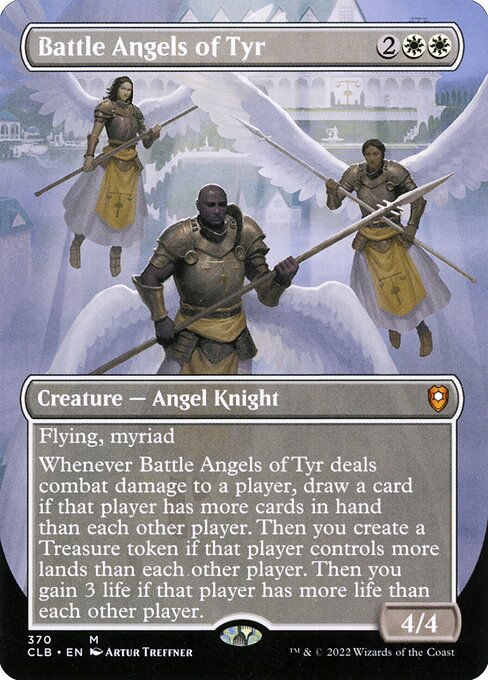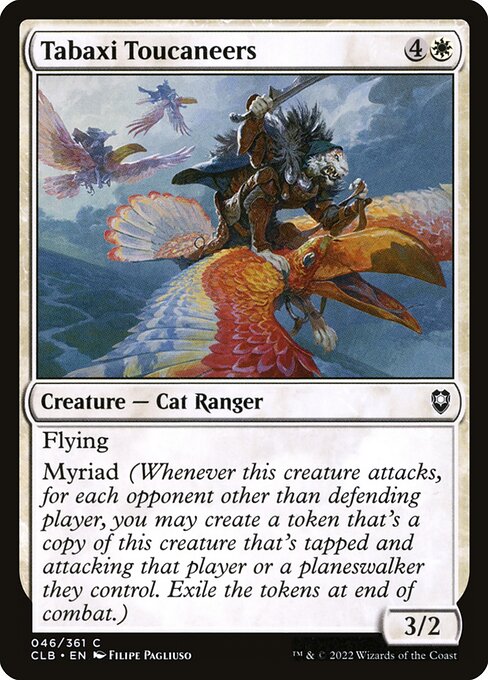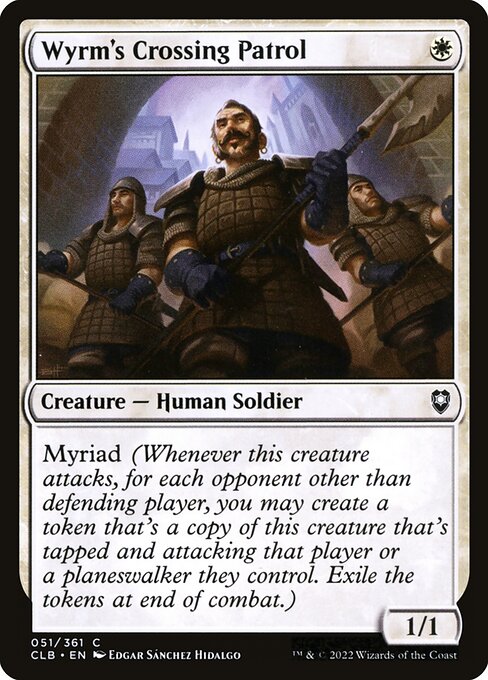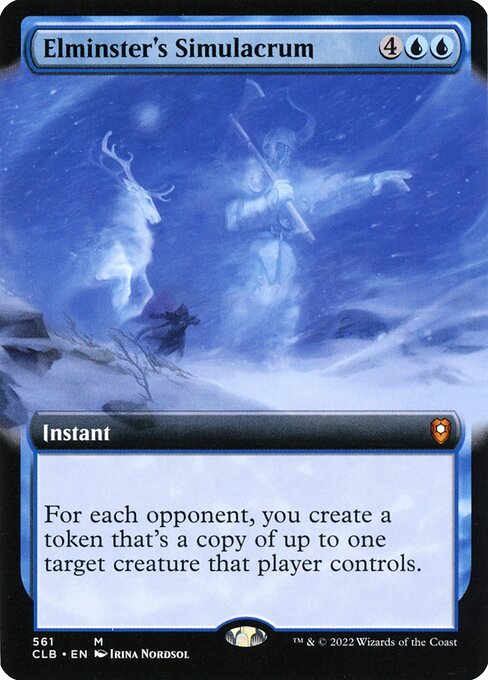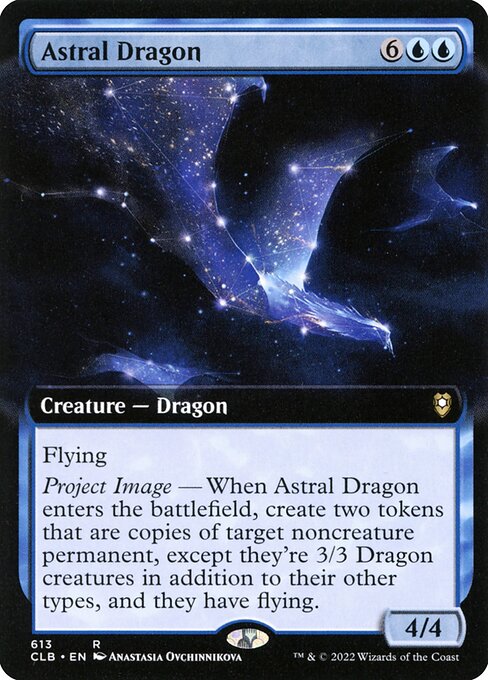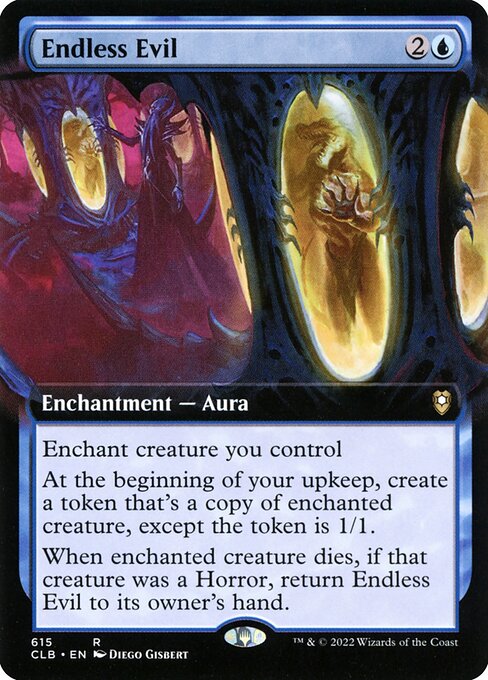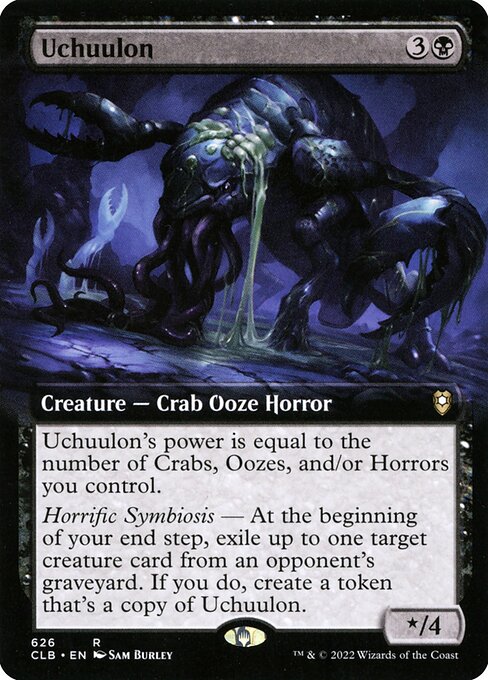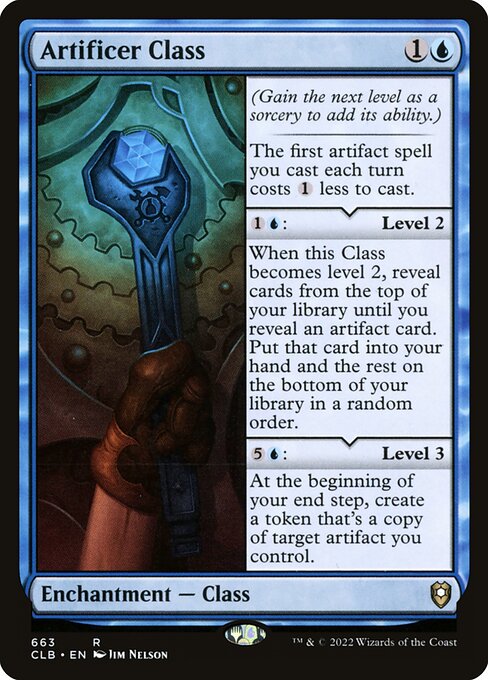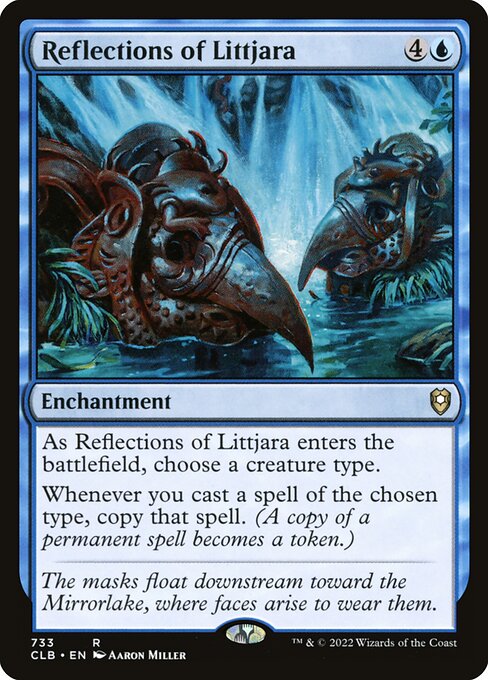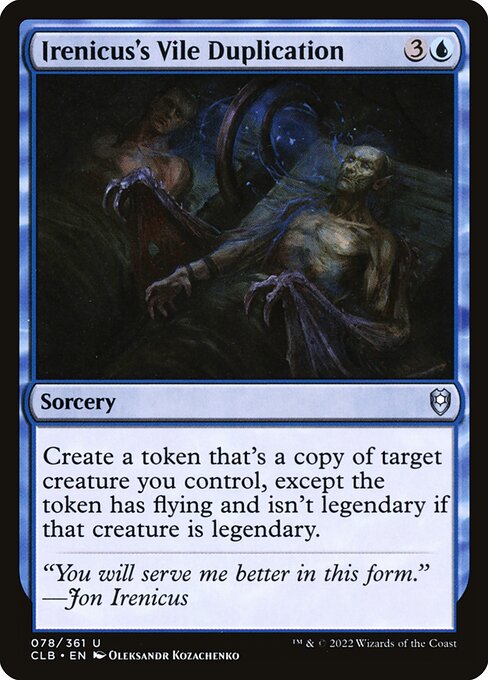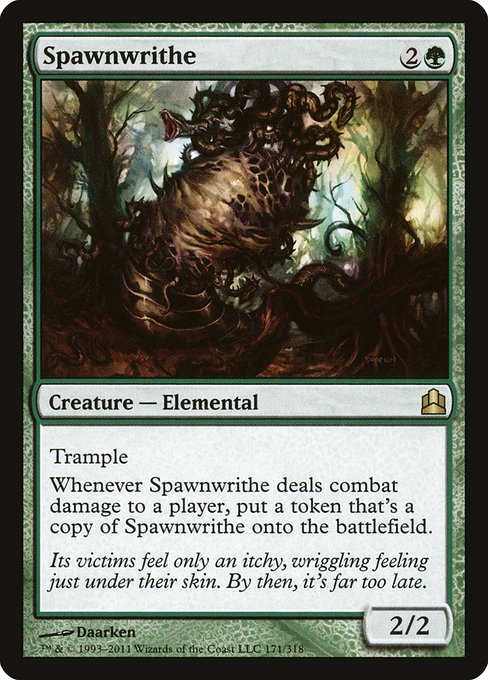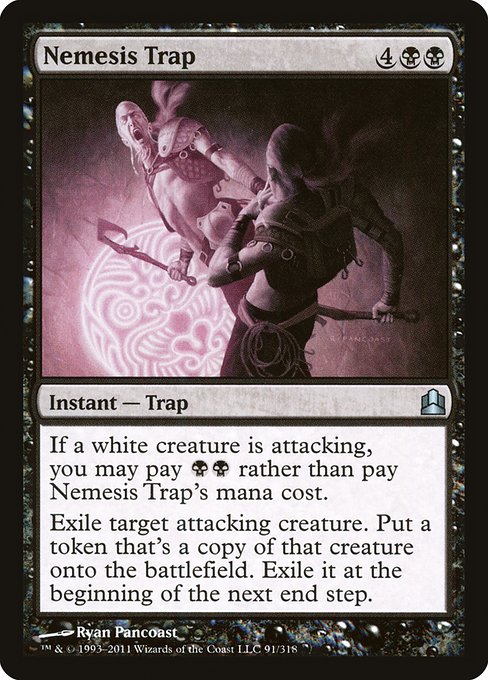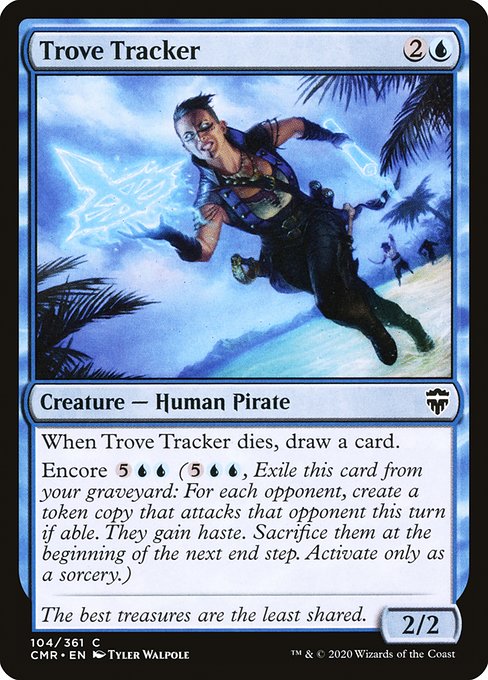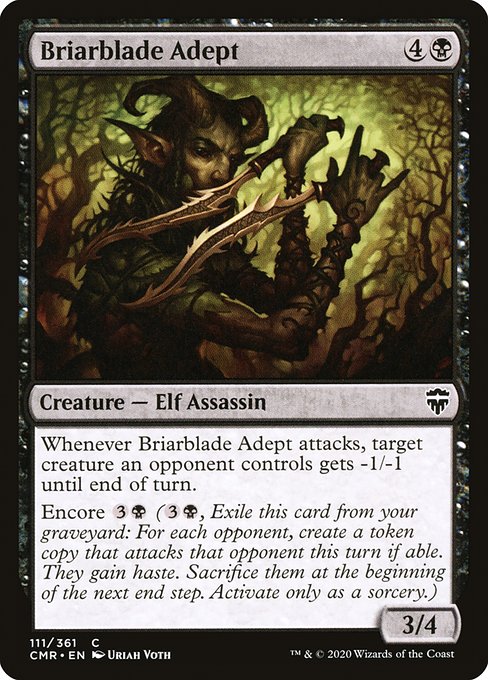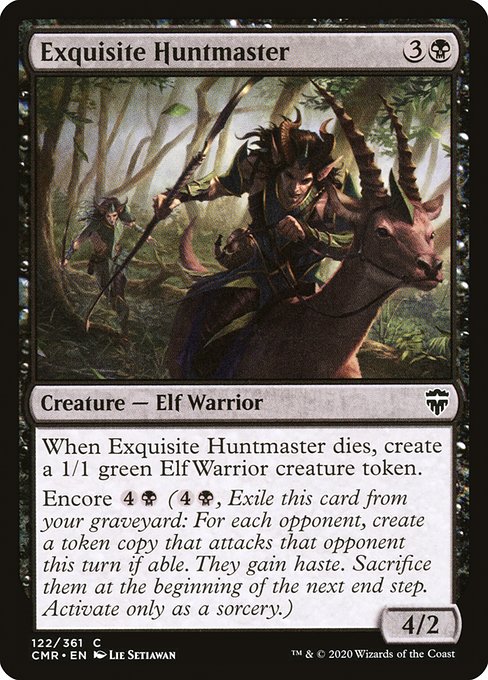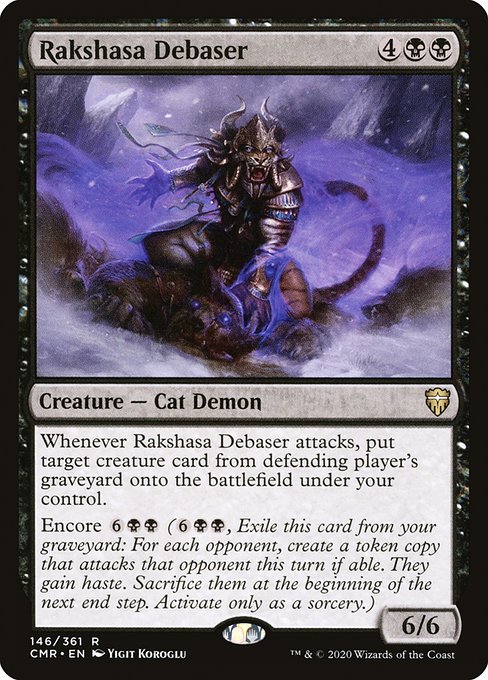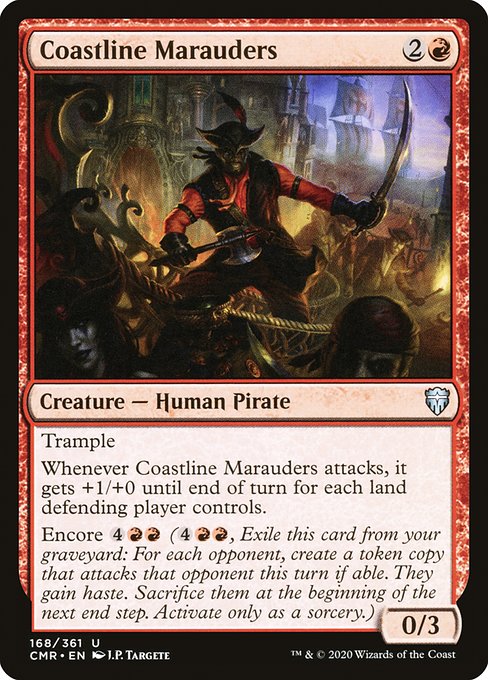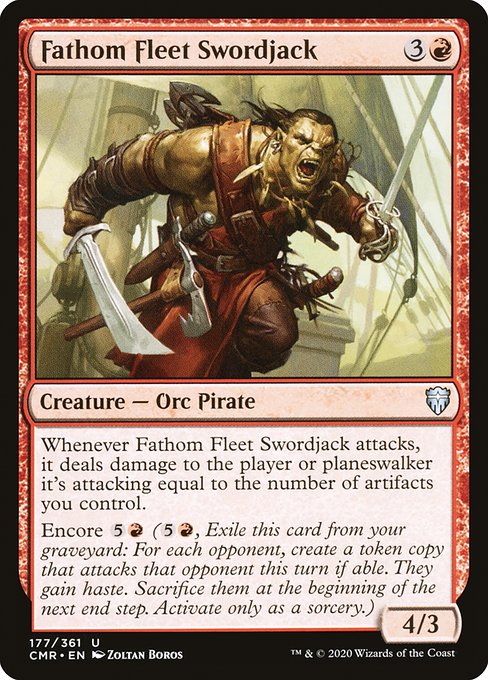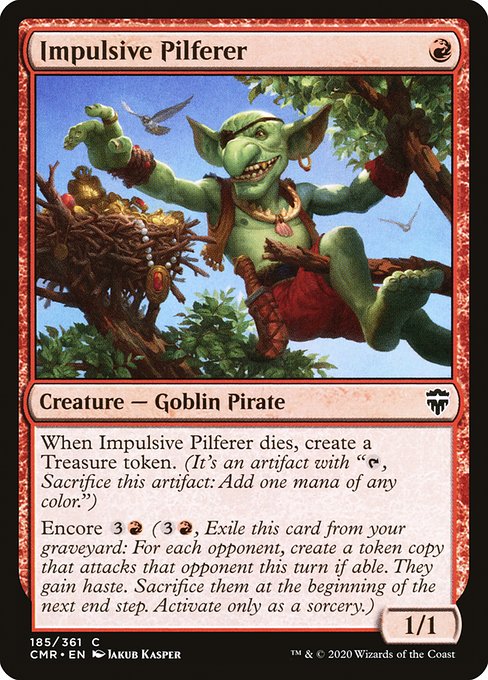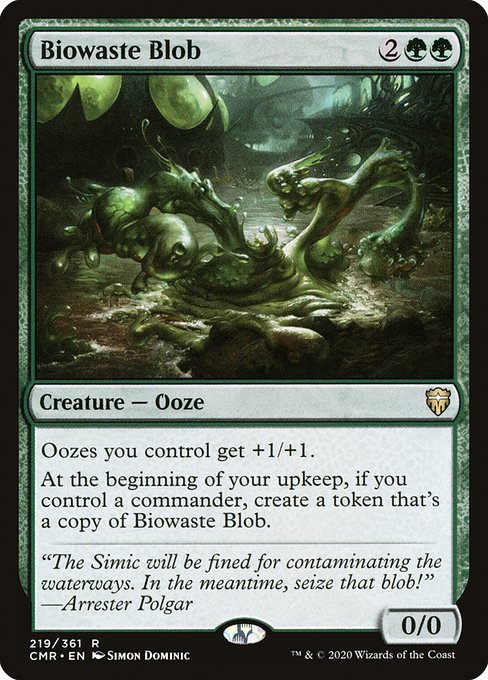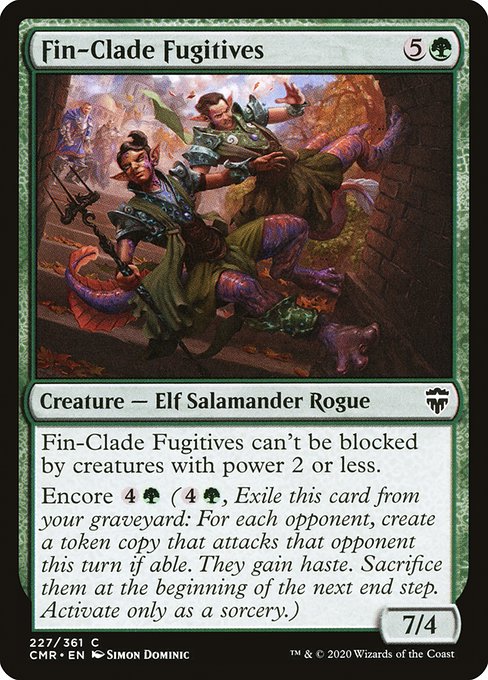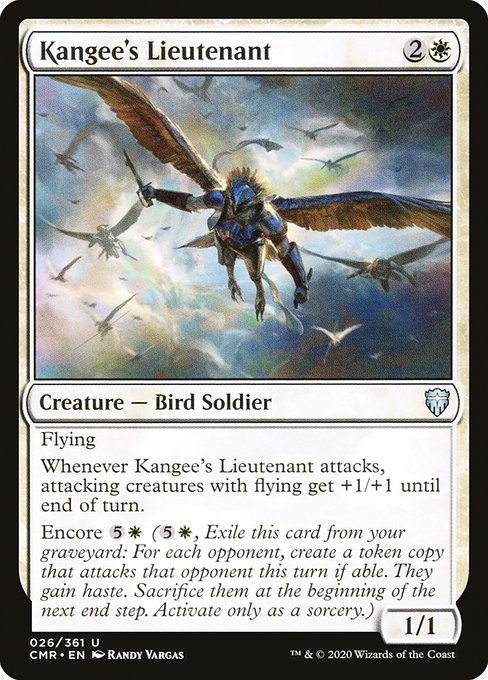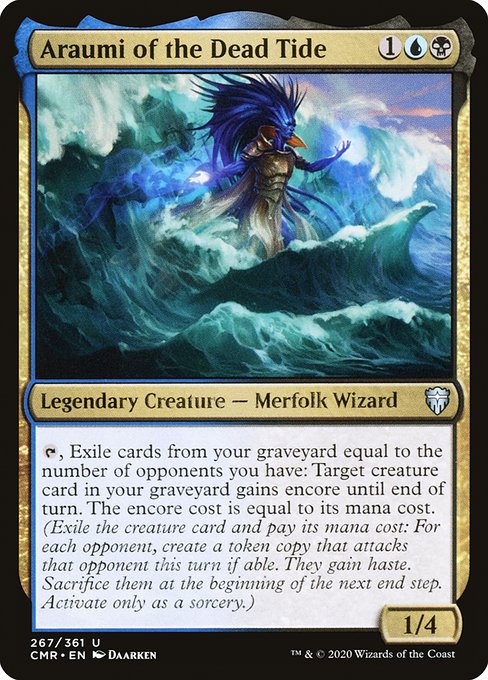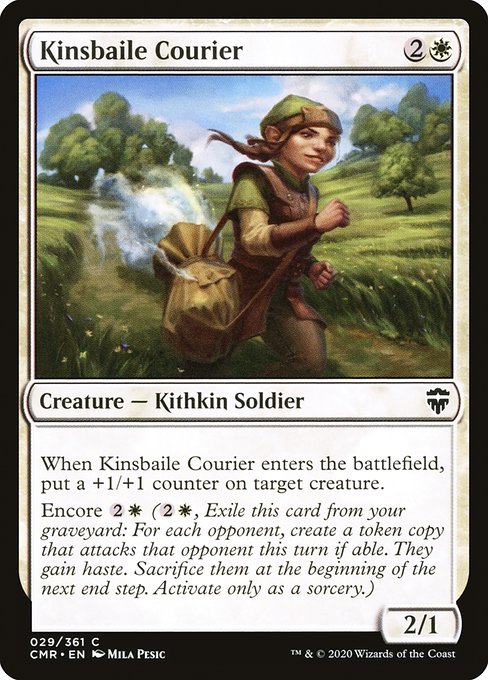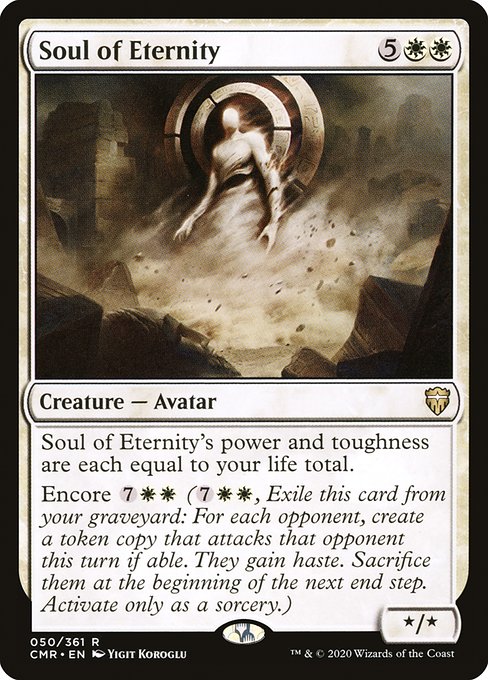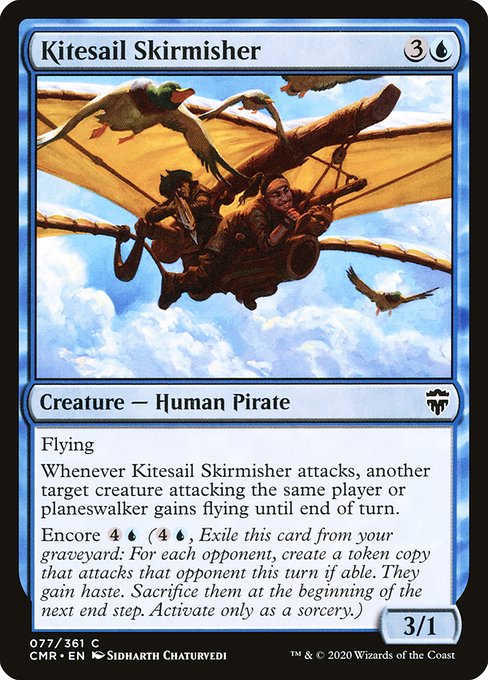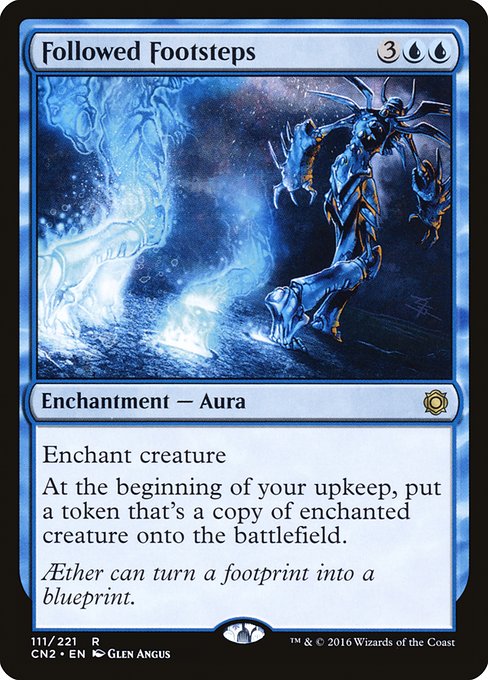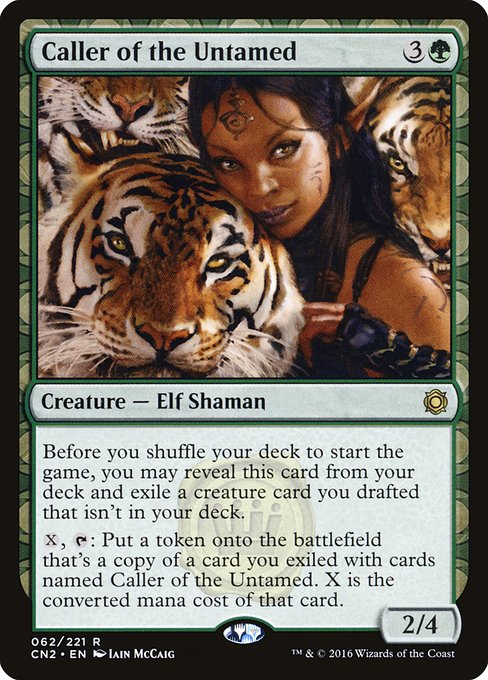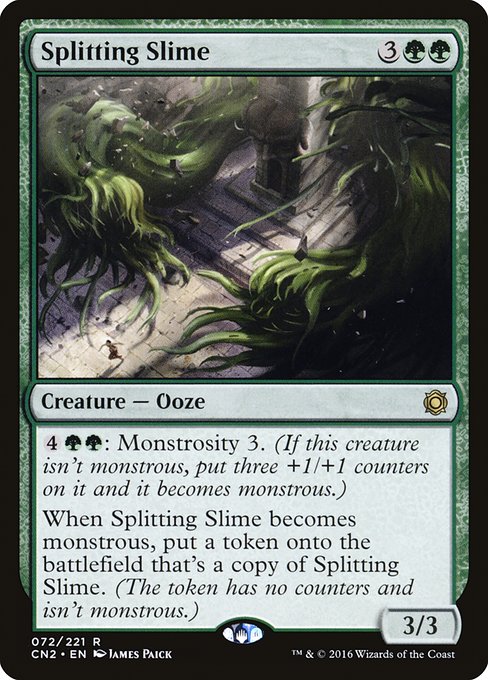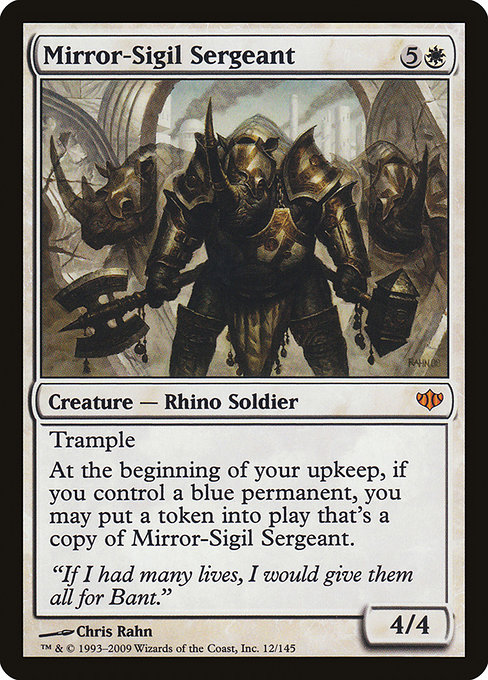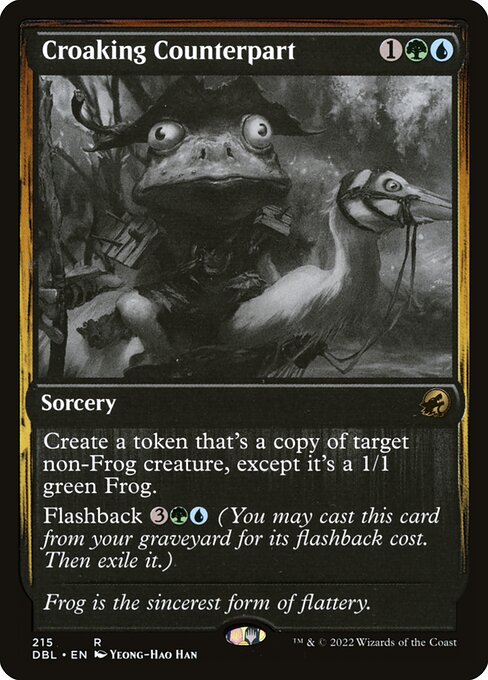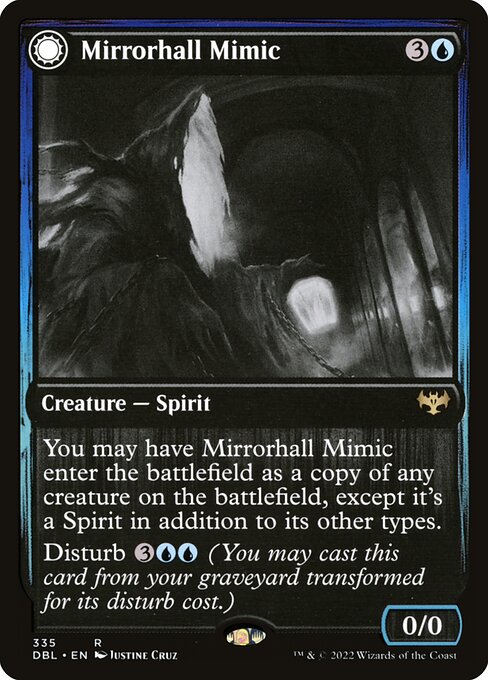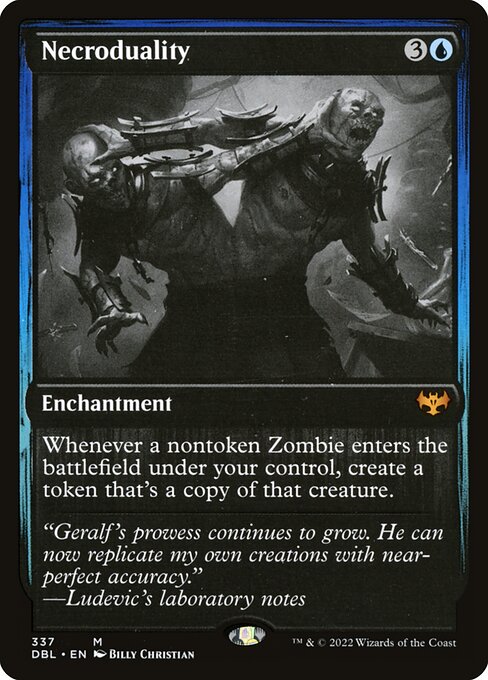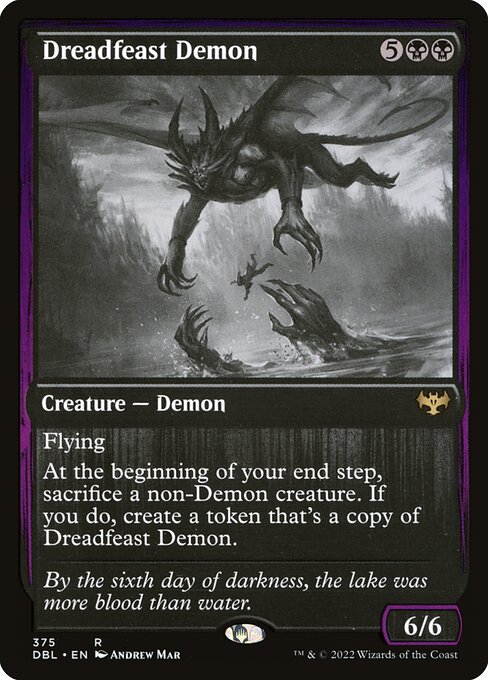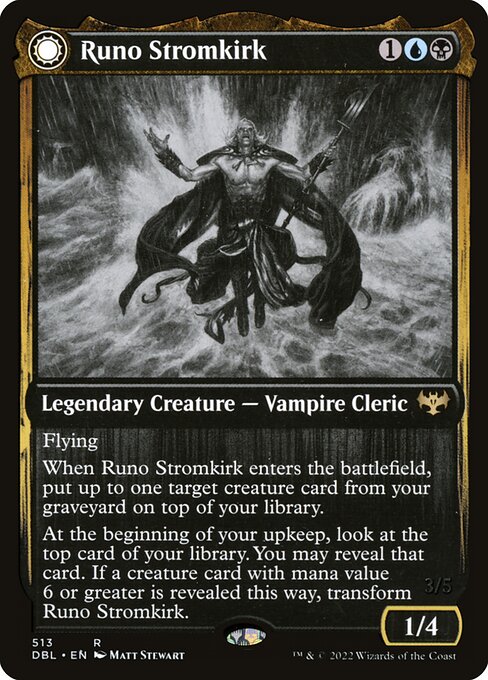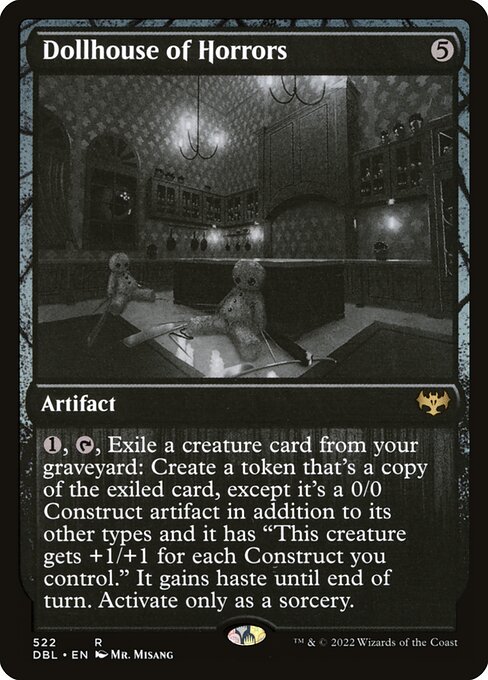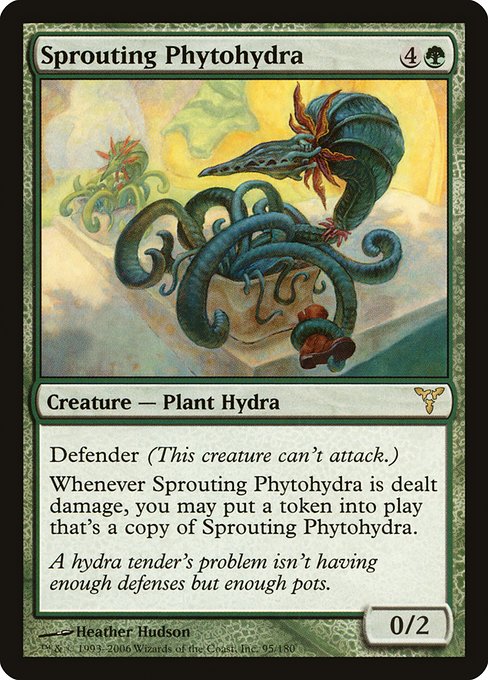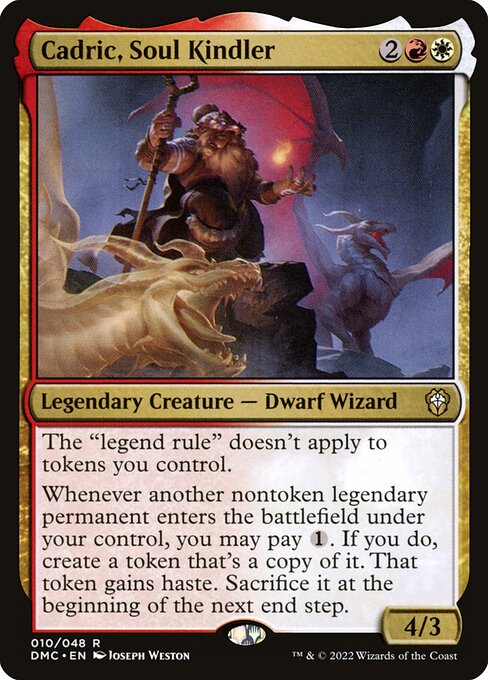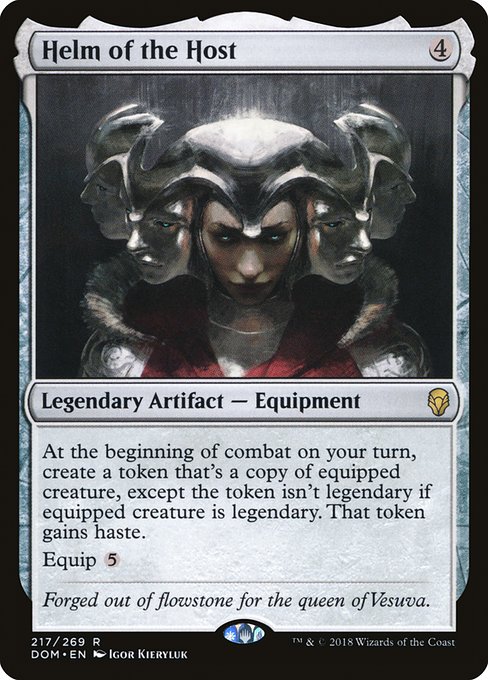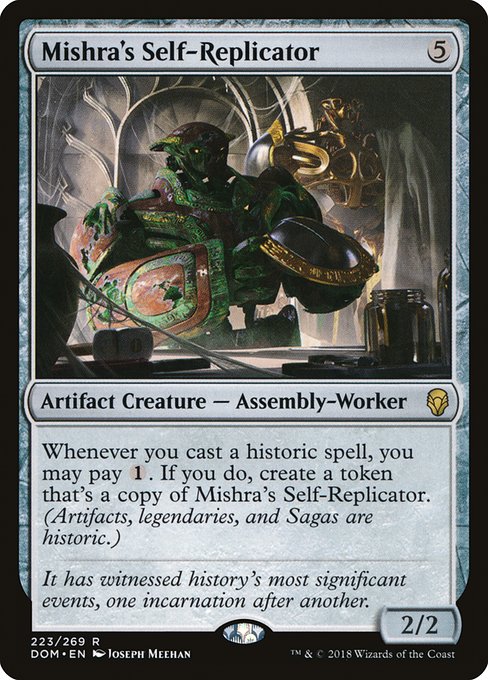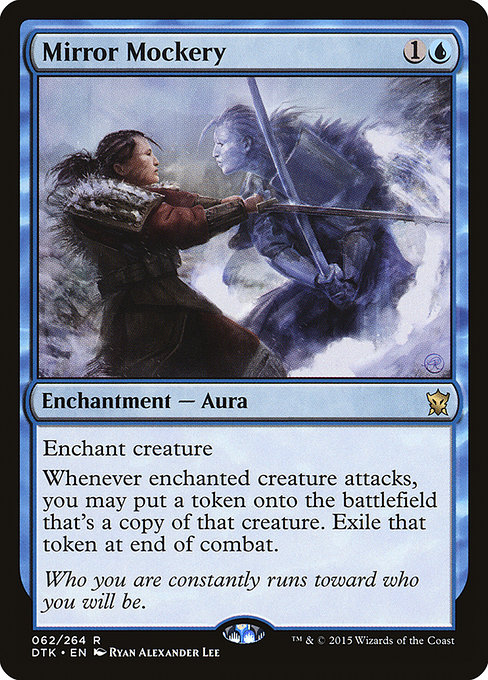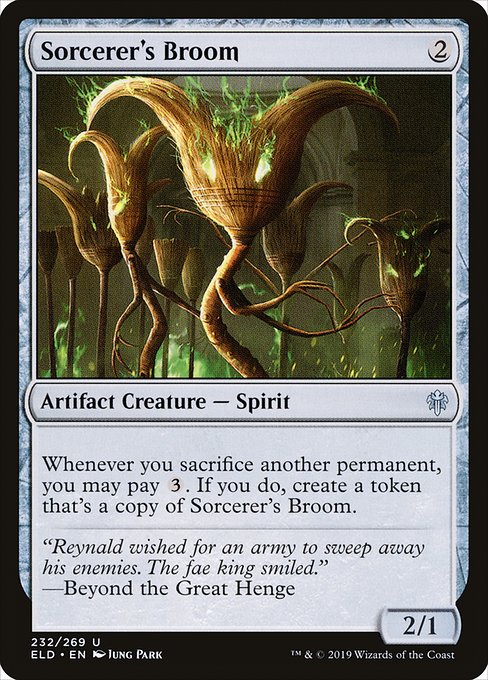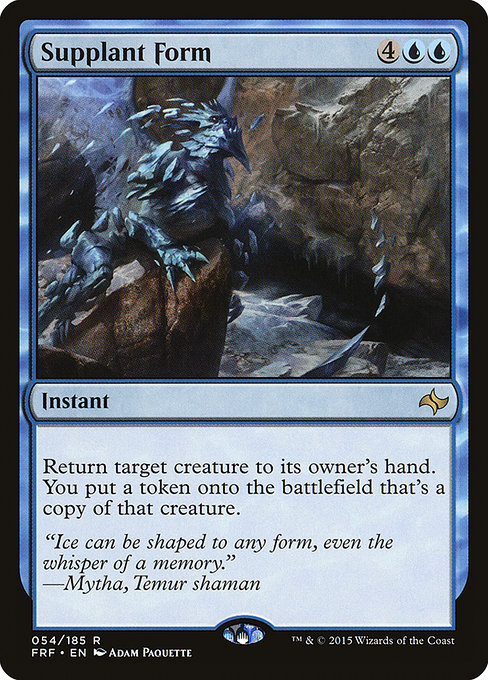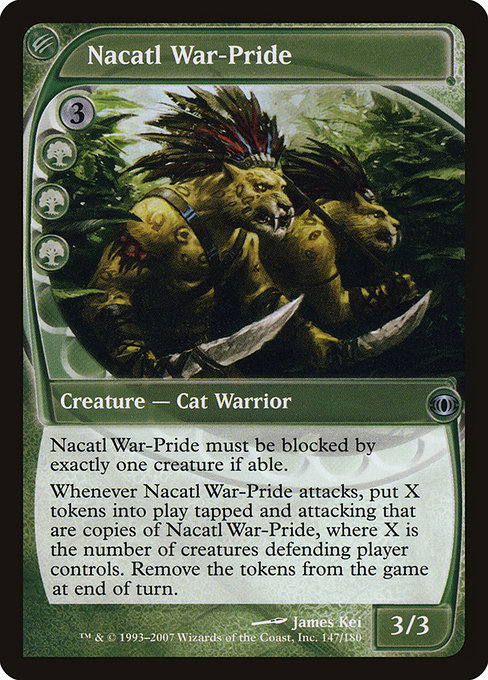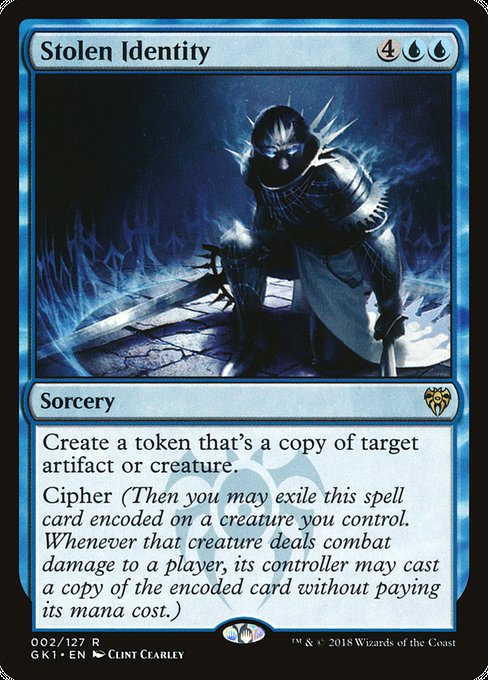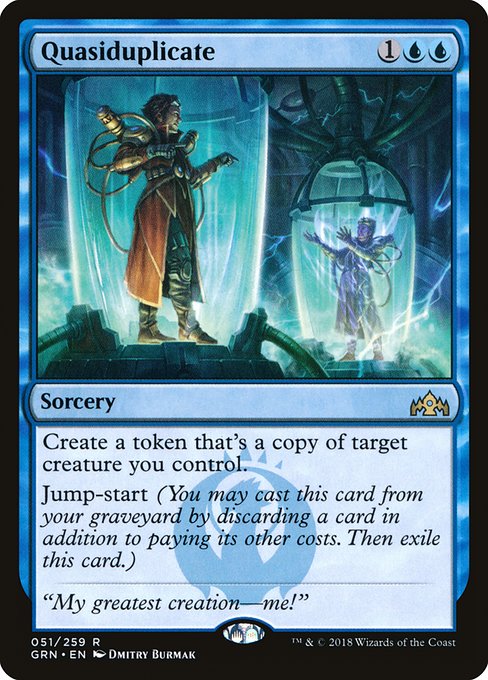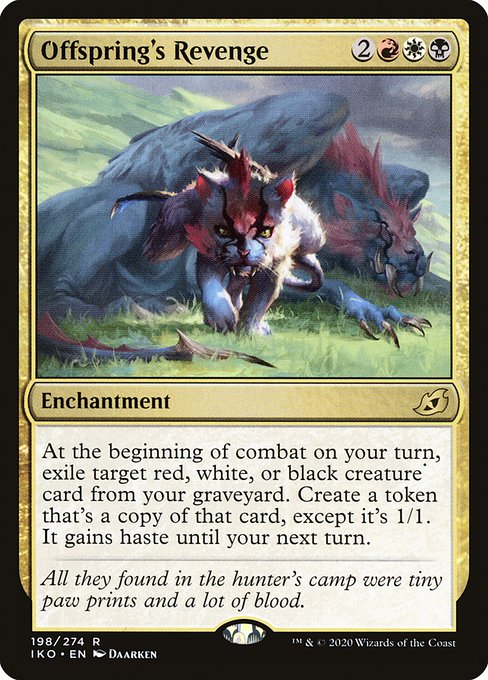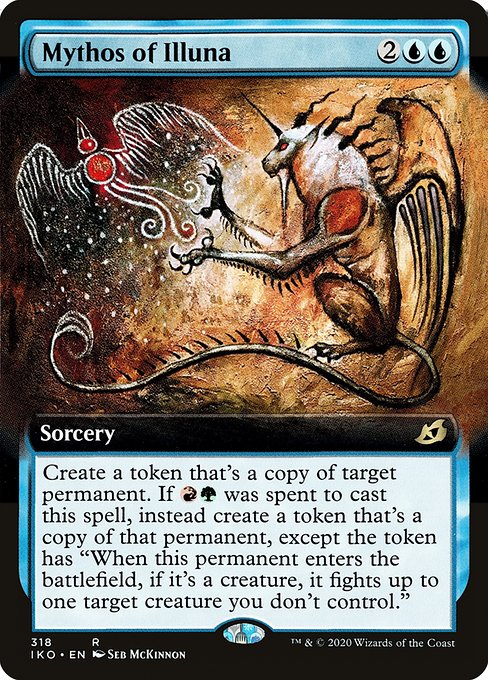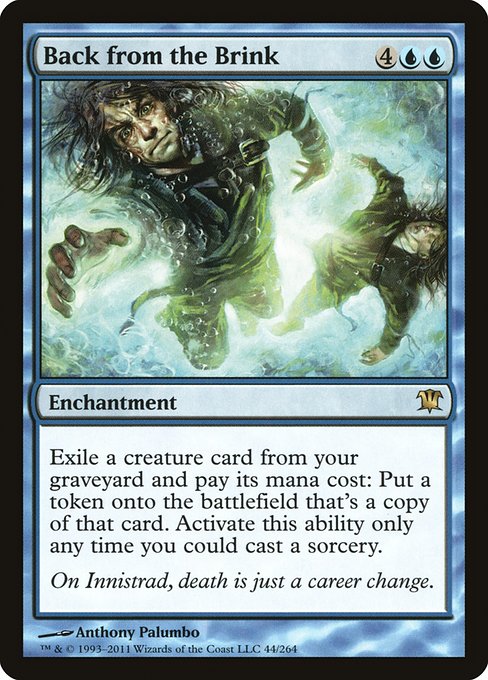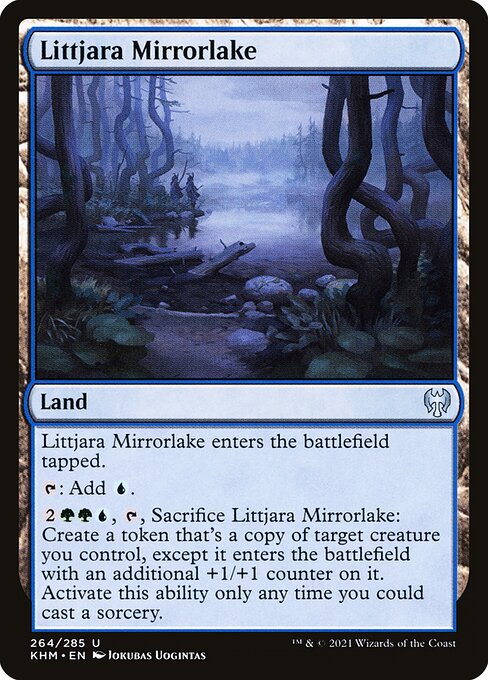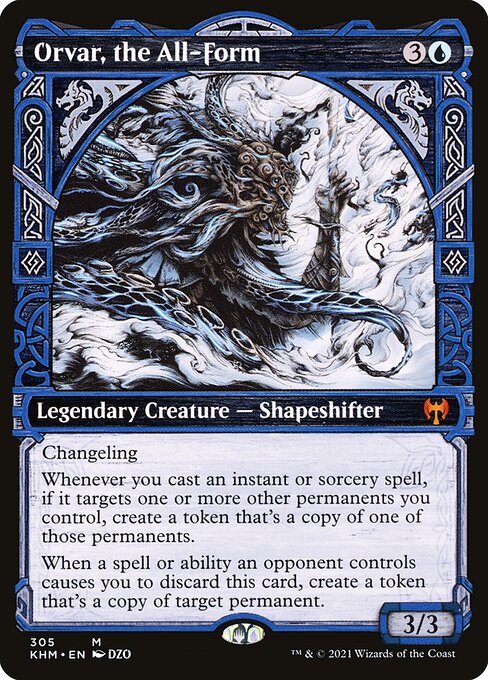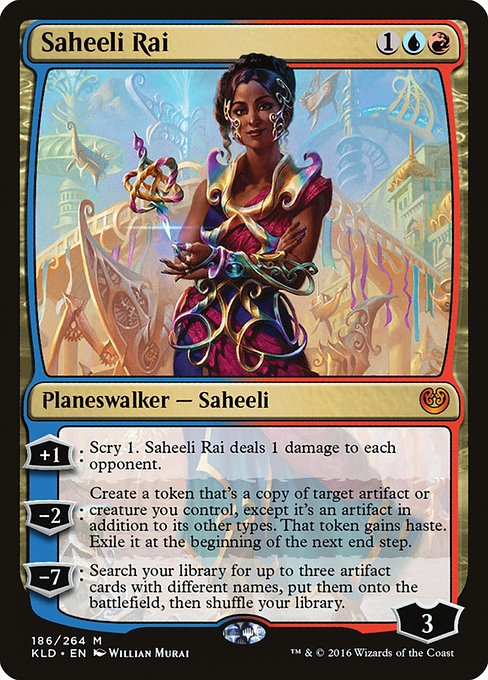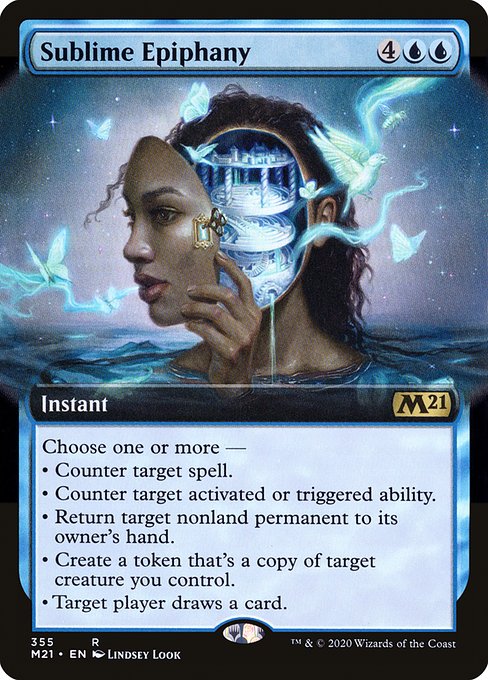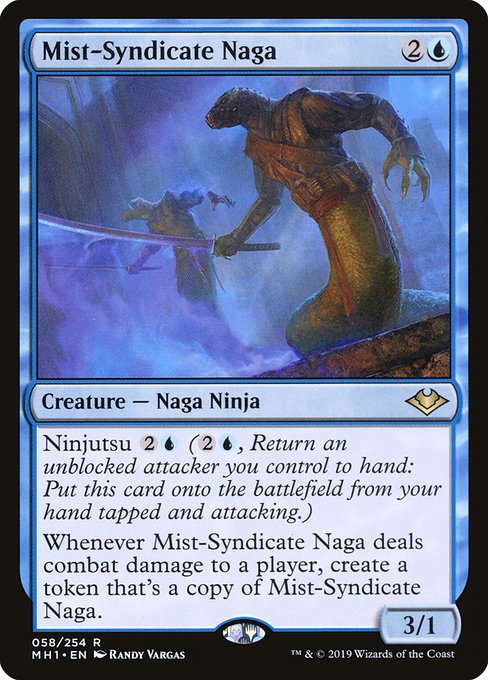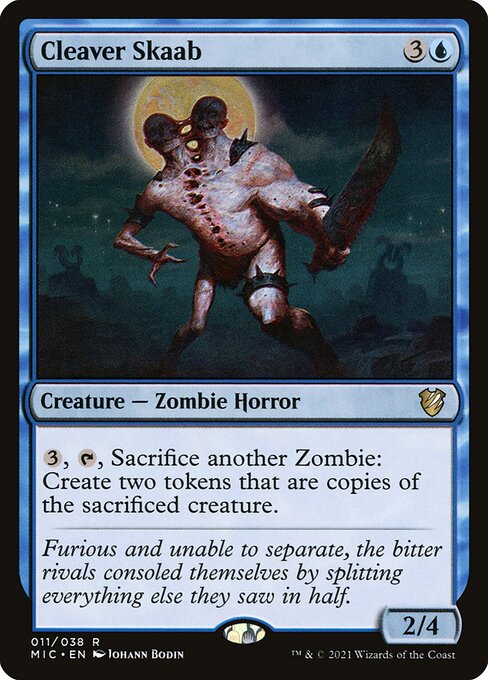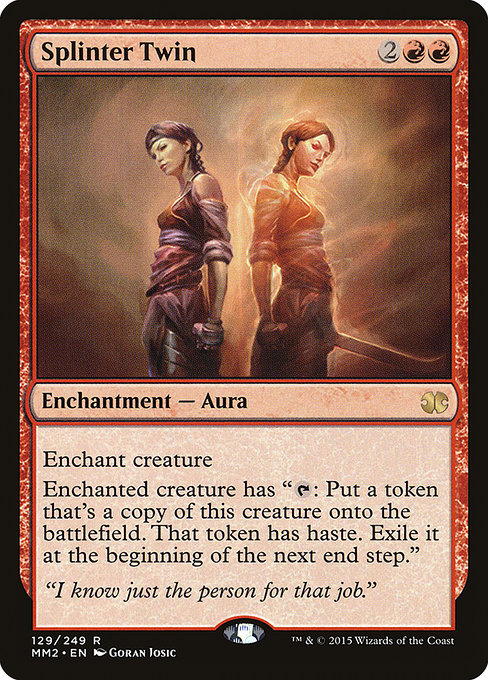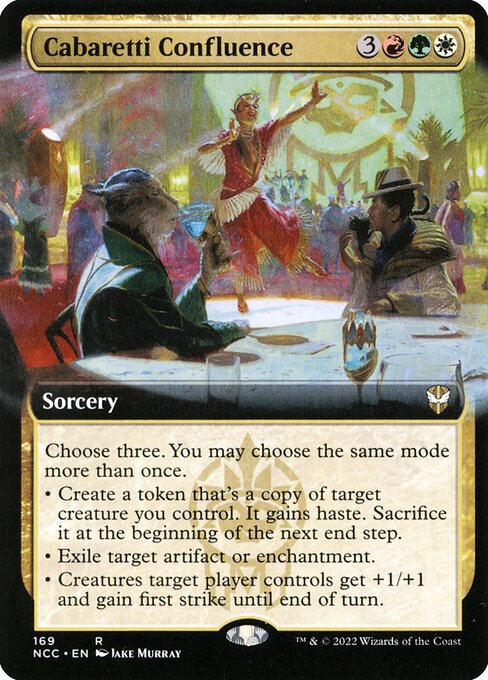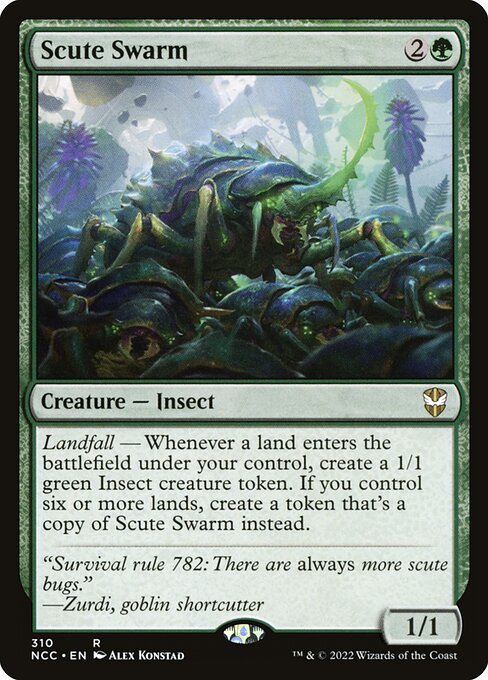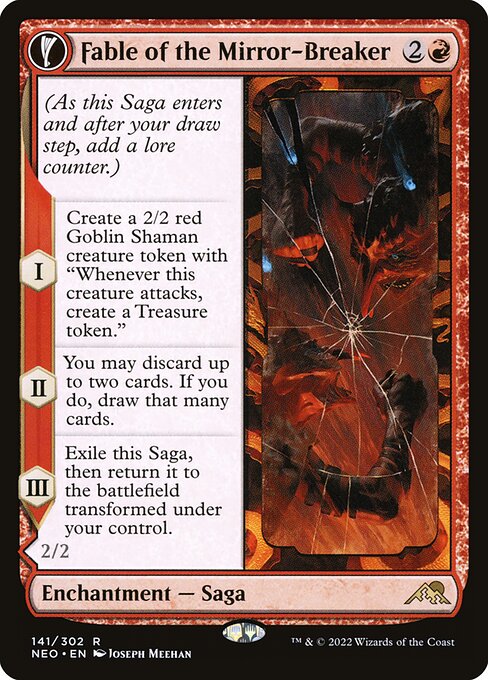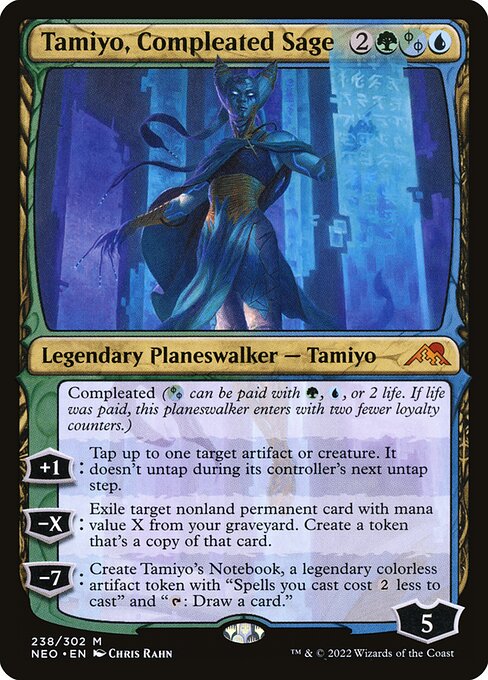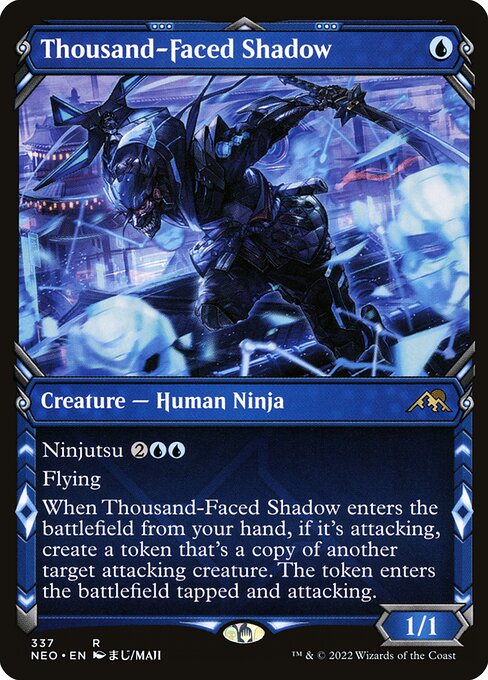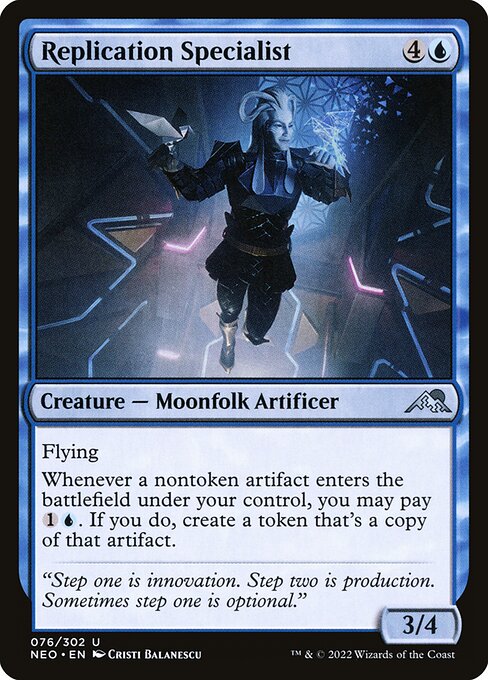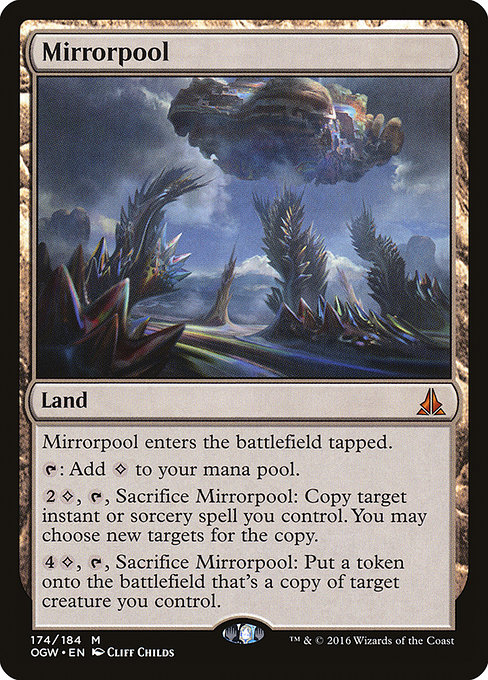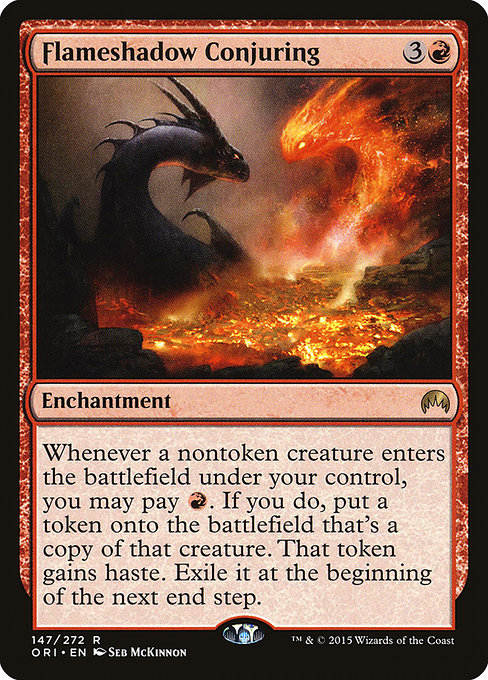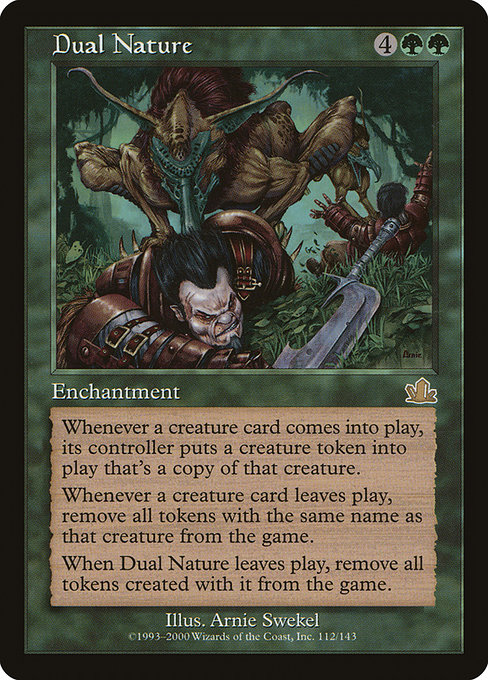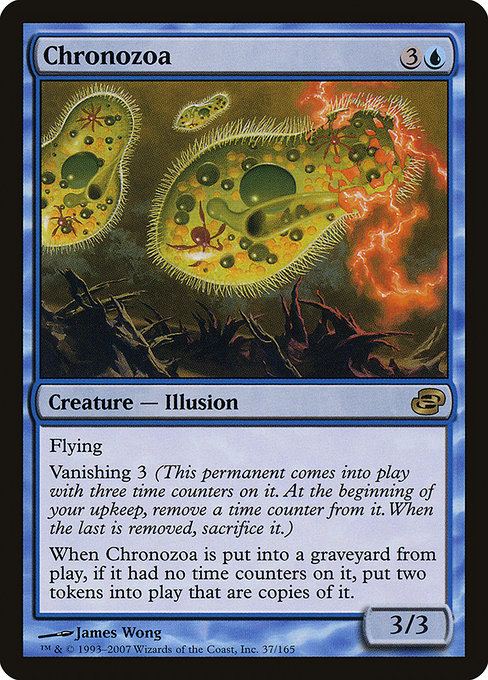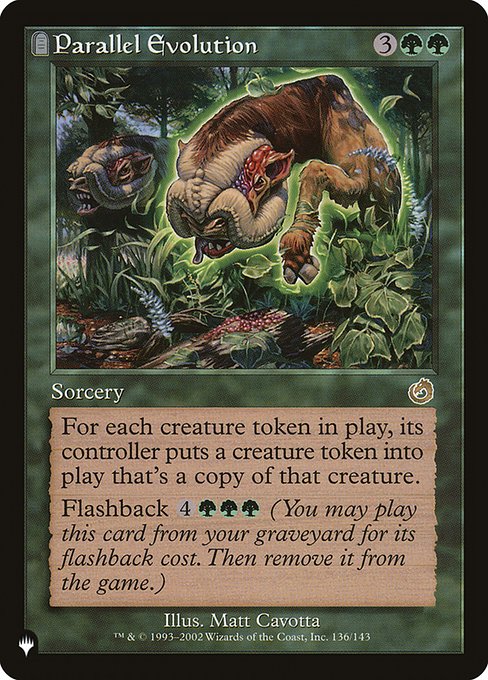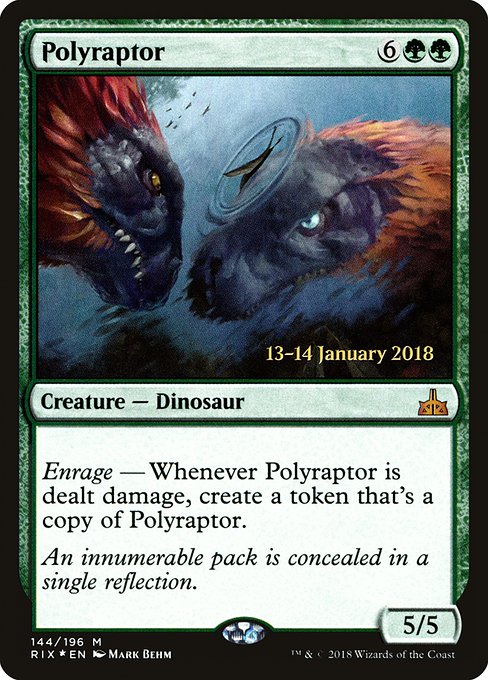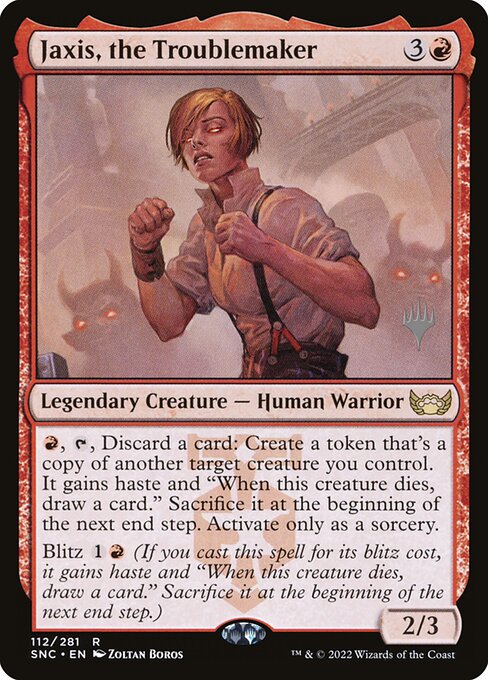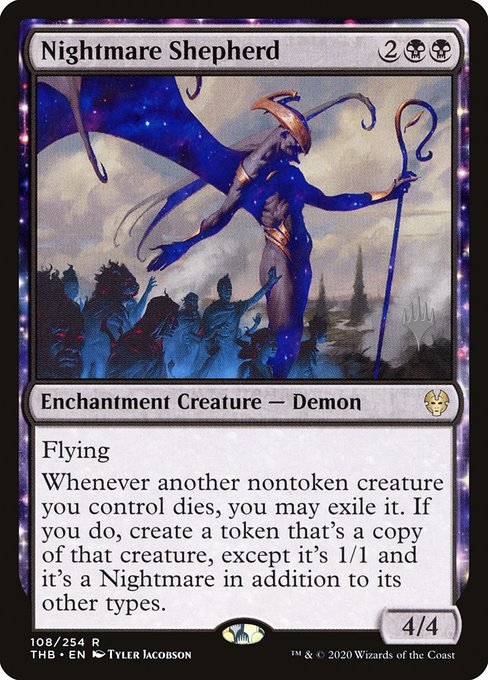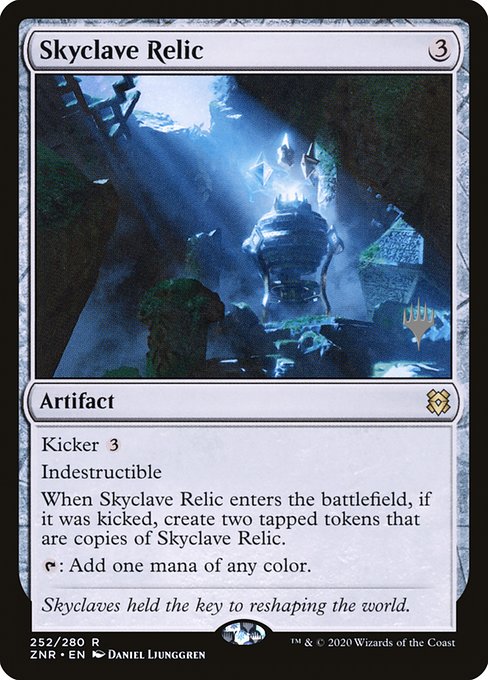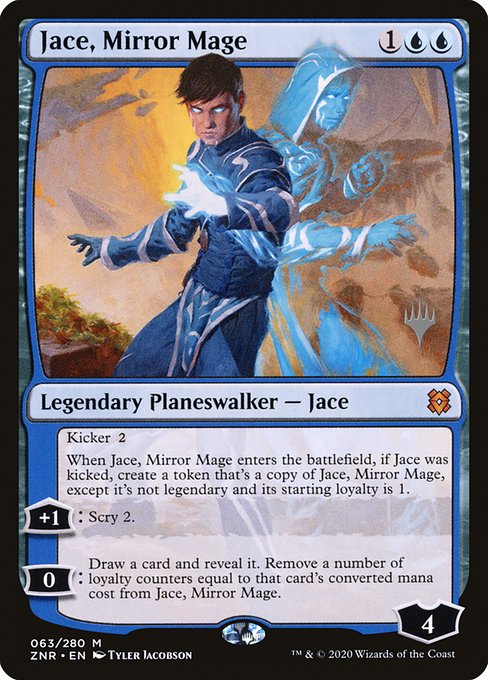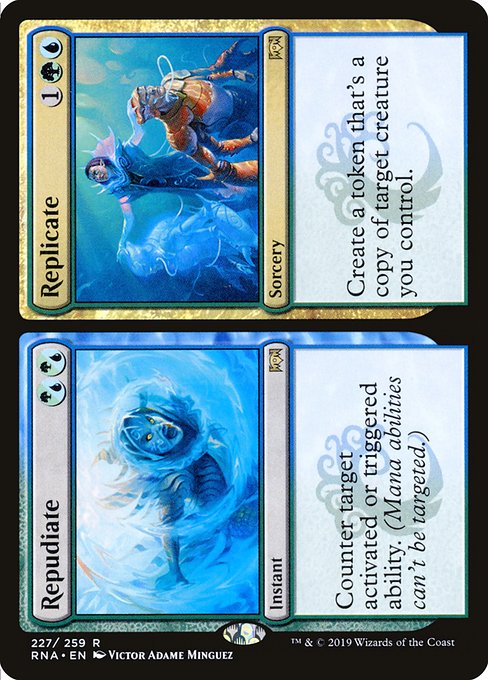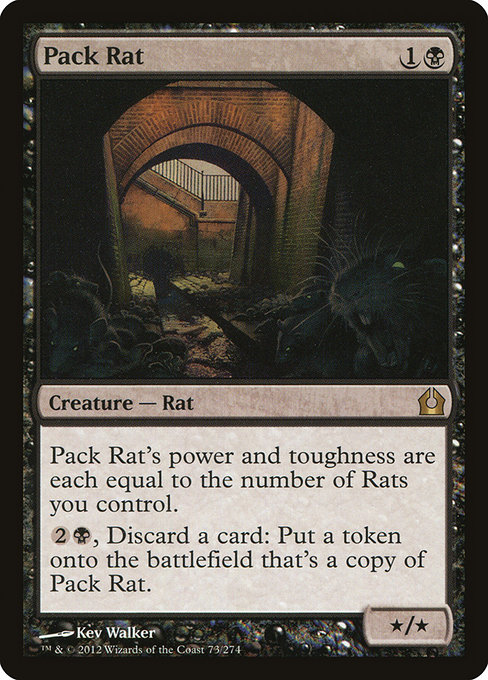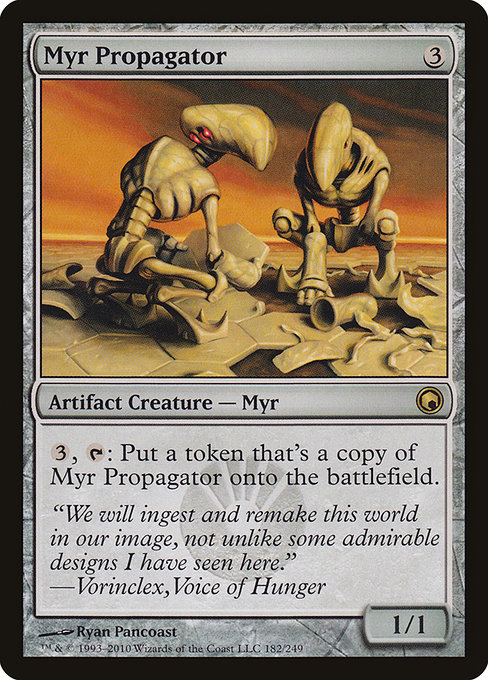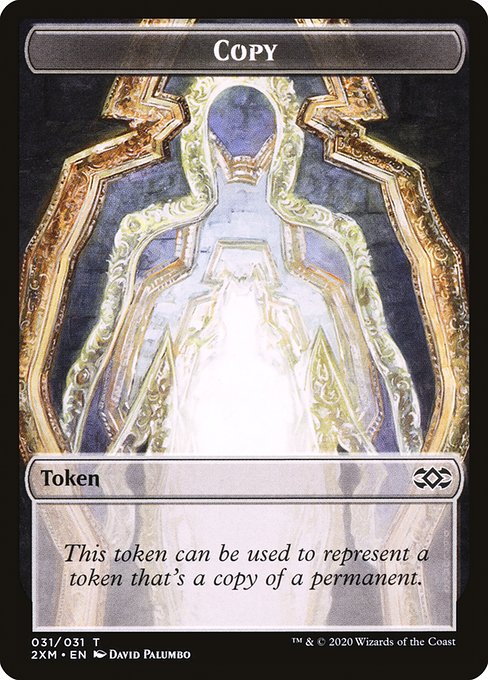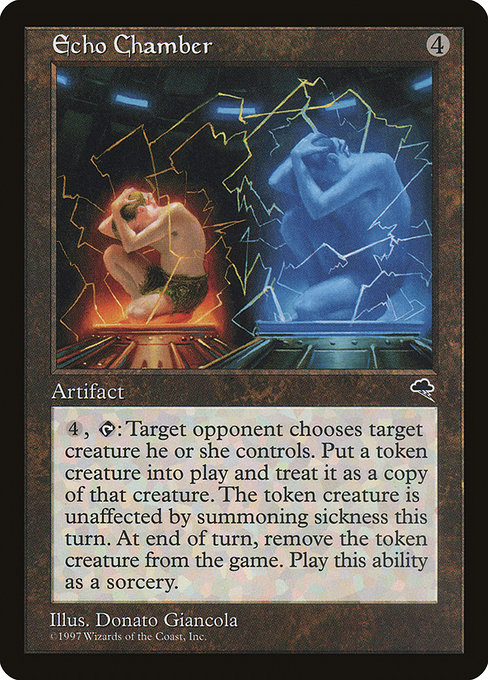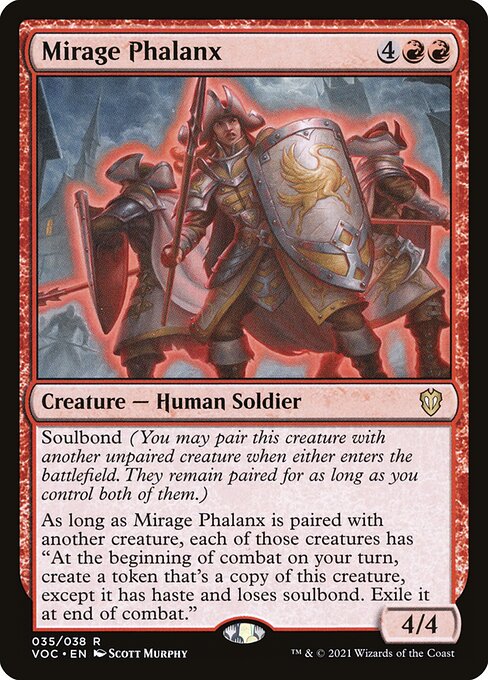Elvish Dreadlord
Creature — Zombie Elf
Deathtouch
When Elvish Dreadlord dies, non-Elf creatures get -3/-3 until end of turn.
Encore (, Exile this card from your graveyard: For each opponent, create a token copy that attacks that opponent this turn if able. They gain haste. Sacrifice them at the beginning of the next end step. Activate only as a sorcery.)
When Elvish Dreadlord dies, non-Elf creatures get -3/-3 until end of turn.
Encore (, Exile this card from your graveyard: For each opponent, create a token copy that attacks that opponent this turn if able. They gain haste. Sacrifice them at the beginning of the next end step. Activate only as a sorcery.)
3/3
standard
future
historic
gladiator
pioneer
explorer
modern
legacy
pauper
vintage
penny
commander
brawl
alchemy
paupercommander
duel
oldschool
premodern
Rulings
The tokens copy only what’s on the original card. Effects that modified that creature when it was previously on the battlefield won’t be copied.
Opponents who have left the game aren’t counted when determining how many tokens to create.
If one of the tokens somehow is under another player’s control as the delayed triggered ability resolves, you can’t sacrifice that token. It remains on the battlefield indefinitely, even if you regain control of it later.
Exiling the card with encore is a cost to activate the ability. Once you announce that you’re activating it, no player may take actions until you’ve finished. They can’t try to remove the card from your graveyard to stop you from paying the cost.
If one of the tokens can’t attack for any reason (such as being tapped), then it doesn’t attack. If there’s a cost associated with having it attack, you aren’t forced to pay that cost, so it doesn’t have to attack in that case either.
Elvish Dreadlord’s middle ability affects only creatures on the battlefield that aren’t Elves at the time it resolves. Non-Elf creatures that enter the battlefield later in the turn won’t get -3/-3.
If an effect stops a token from attacking a specific player, that token can attack any player or planeswalker, or not attack at all. If the effect stops the token from attacking a specific player unless a cost is paid, you don’t have to pay that cost unless you want to attack that player.
Each token must attack the appropriate player if able.
Opponents who have left the game aren’t counted when determining how many tokens to create.
If one of the tokens somehow is under another player’s control as the delayed triggered ability resolves, you can’t sacrifice that token. It remains on the battlefield indefinitely, even if you regain control of it later.
Exiling the card with encore is a cost to activate the ability. Once you announce that you’re activating it, no player may take actions until you’ve finished. They can’t try to remove the card from your graveyard to stop you from paying the cost.
If one of the tokens can’t attack for any reason (such as being tapped), then it doesn’t attack. If there’s a cost associated with having it attack, you aren’t forced to pay that cost, so it doesn’t have to attack in that case either.
Elvish Dreadlord’s middle ability affects only creatures on the battlefield that aren’t Elves at the time it resolves. Non-Elf creatures that enter the battlefield later in the turn won’t get -3/-3.
If an effect stops a token from attacking a specific player, that token can attack any player or planeswalker, or not attack at all. If the effect stops the token from attacking a specific player unless a cost is paid, you don’t have to pay that cost unless you want to attack that player.
Each token must attack the appropriate player if able.
Rulings
The tokens copy only what’s on the original card. Effects that modified that creature when it was previously on the battlefield won’t be copied.
Opponents who have left the game aren’t counted when determining how many tokens to create.
If one of the tokens somehow is under another player’s control as the delayed triggered ability resolves, you can’t sacrifice that token. It remains on the battlefield indefinitely, even if you regain control of it later.
Exiling the card with encore is a cost to activate the ability. Once you announce that you’re activating it, no player may take actions until you’ve finished. They can’t try to remove the card from your graveyard to stop you from paying the cost.
If one of the tokens can’t attack for any reason (such as being tapped), then it doesn’t attack. If there’s a cost associated with having it attack, you aren’t forced to pay that cost, so it doesn’t have to attack in that case either.
Elvish Dreadlord’s middle ability affects only creatures on the battlefield that aren’t Elves at the time it resolves. Non-Elf creatures that enter the battlefield later in the turn won’t get -3/-3.
If an effect stops a token from attacking a specific player, that token can attack any player or planeswalker, or not attack at all. If the effect stops the token from attacking a specific player unless a cost is paid, you don’t have to pay that cost unless you want to attack that player.
Each token must attack the appropriate player if able.
Opponents who have left the game aren’t counted when determining how many tokens to create.
If one of the tokens somehow is under another player’s control as the delayed triggered ability resolves, you can’t sacrifice that token. It remains on the battlefield indefinitely, even if you regain control of it later.
Exiling the card with encore is a cost to activate the ability. Once you announce that you’re activating it, no player may take actions until you’ve finished. They can’t try to remove the card from your graveyard to stop you from paying the cost.
If one of the tokens can’t attack for any reason (such as being tapped), then it doesn’t attack. If there’s a cost associated with having it attack, you aren’t forced to pay that cost, so it doesn’t have to attack in that case either.
Elvish Dreadlord’s middle ability affects only creatures on the battlefield that aren’t Elves at the time it resolves. Non-Elf creatures that enter the battlefield later in the turn won’t get -3/-3.
If an effect stops a token from attacking a specific player, that token can attack any player or planeswalker, or not attack at all. If the effect stops the token from attacking a specific player unless a cost is paid, you don’t have to pay that cost unless you want to attack that player.
Each token must attack the appropriate player if able.
Your collection? Your decks?
Want to manage your collection and/or create decks?
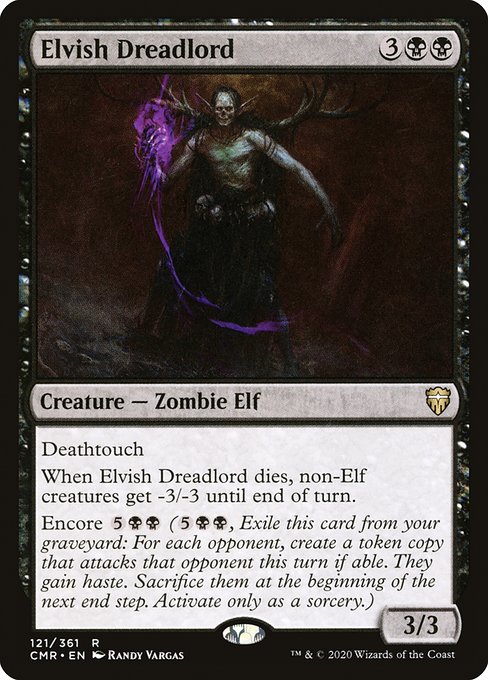

 0
0
 0.43€
0.43€
